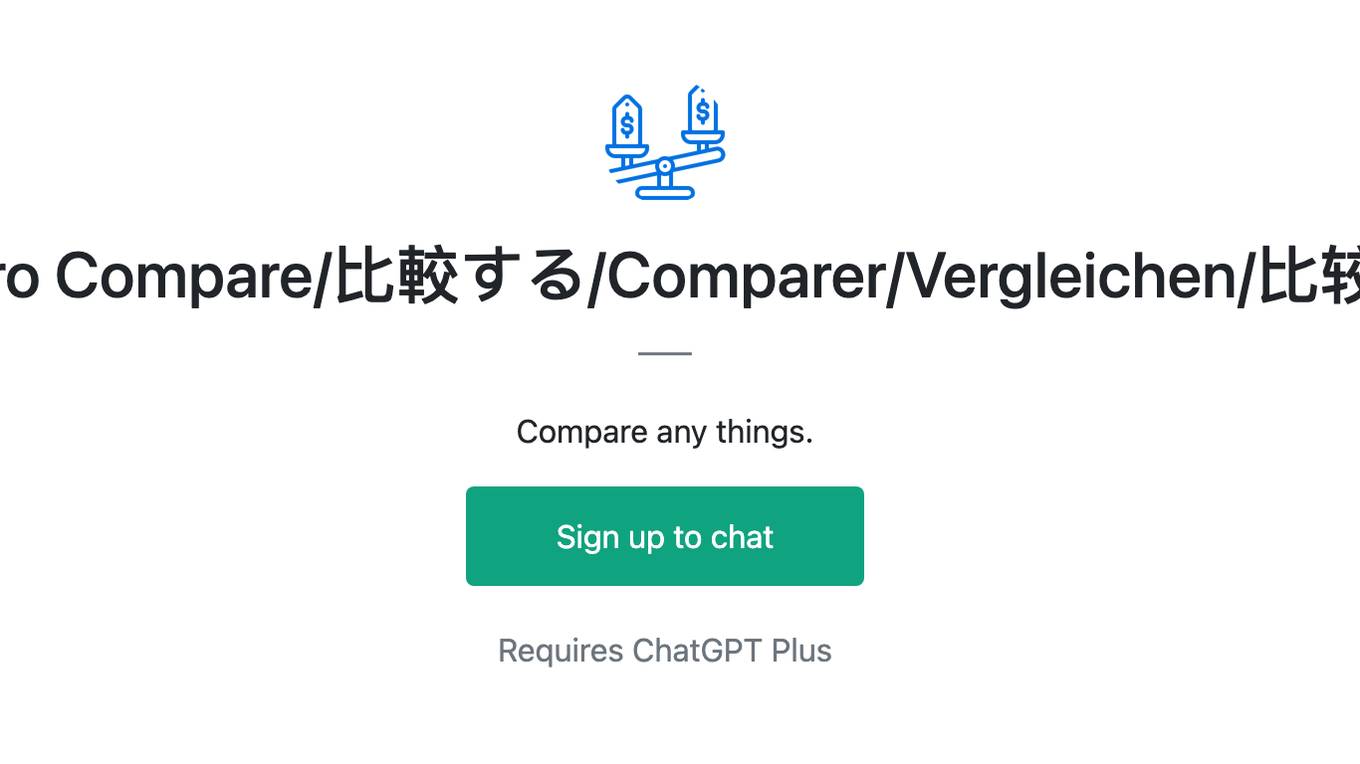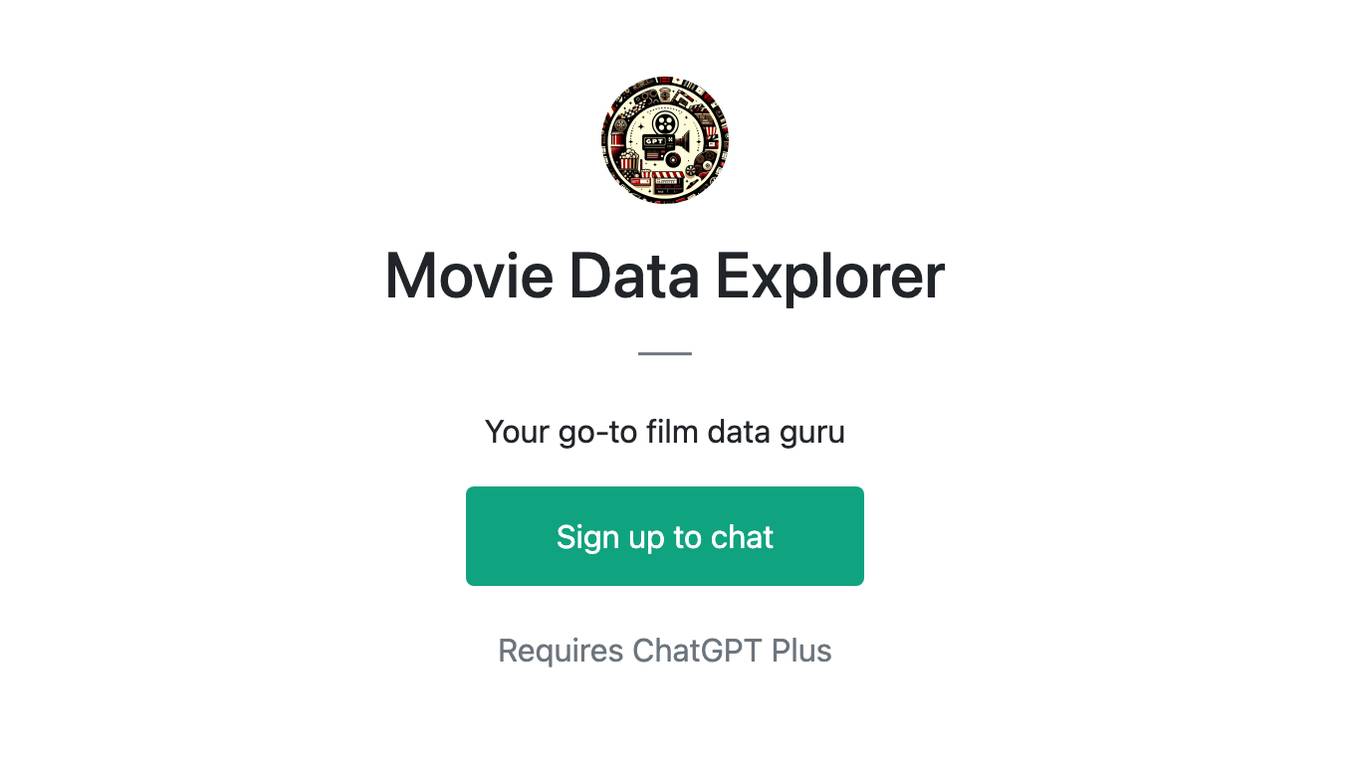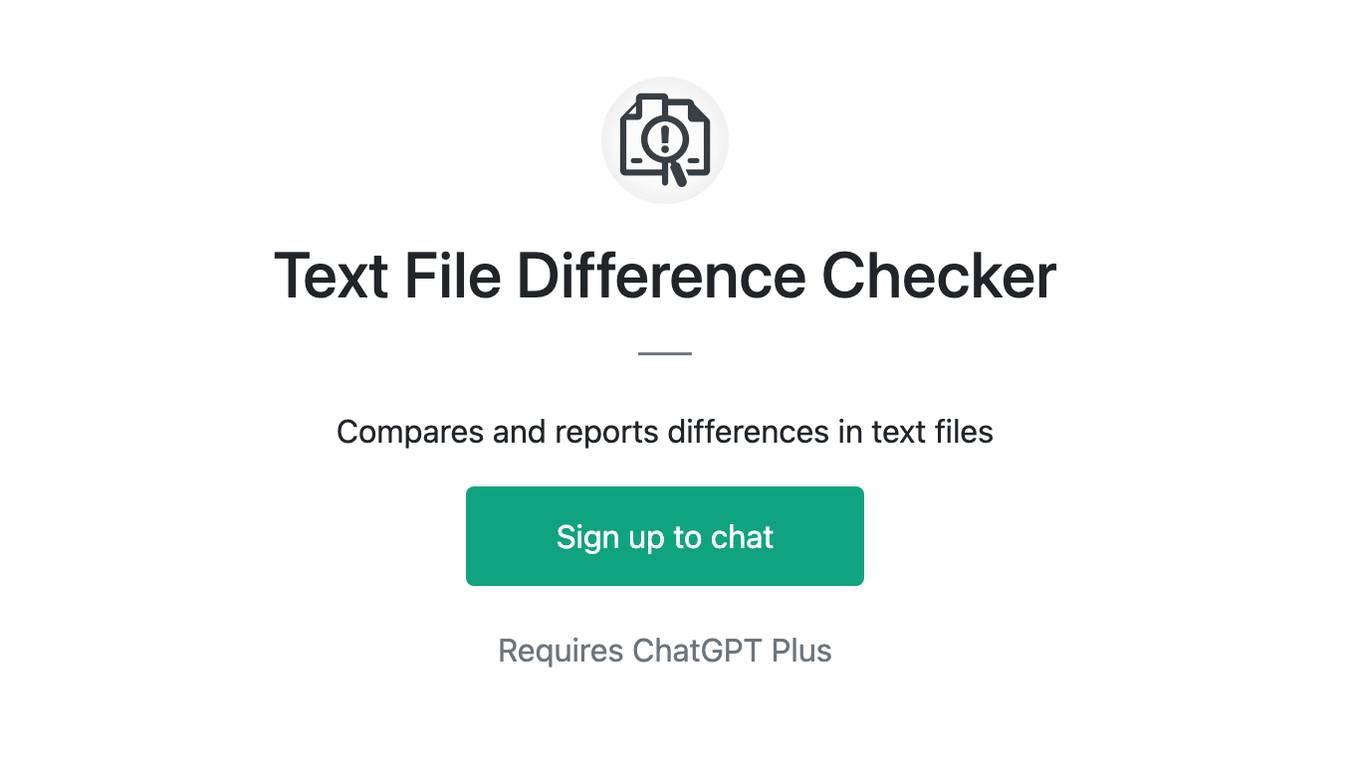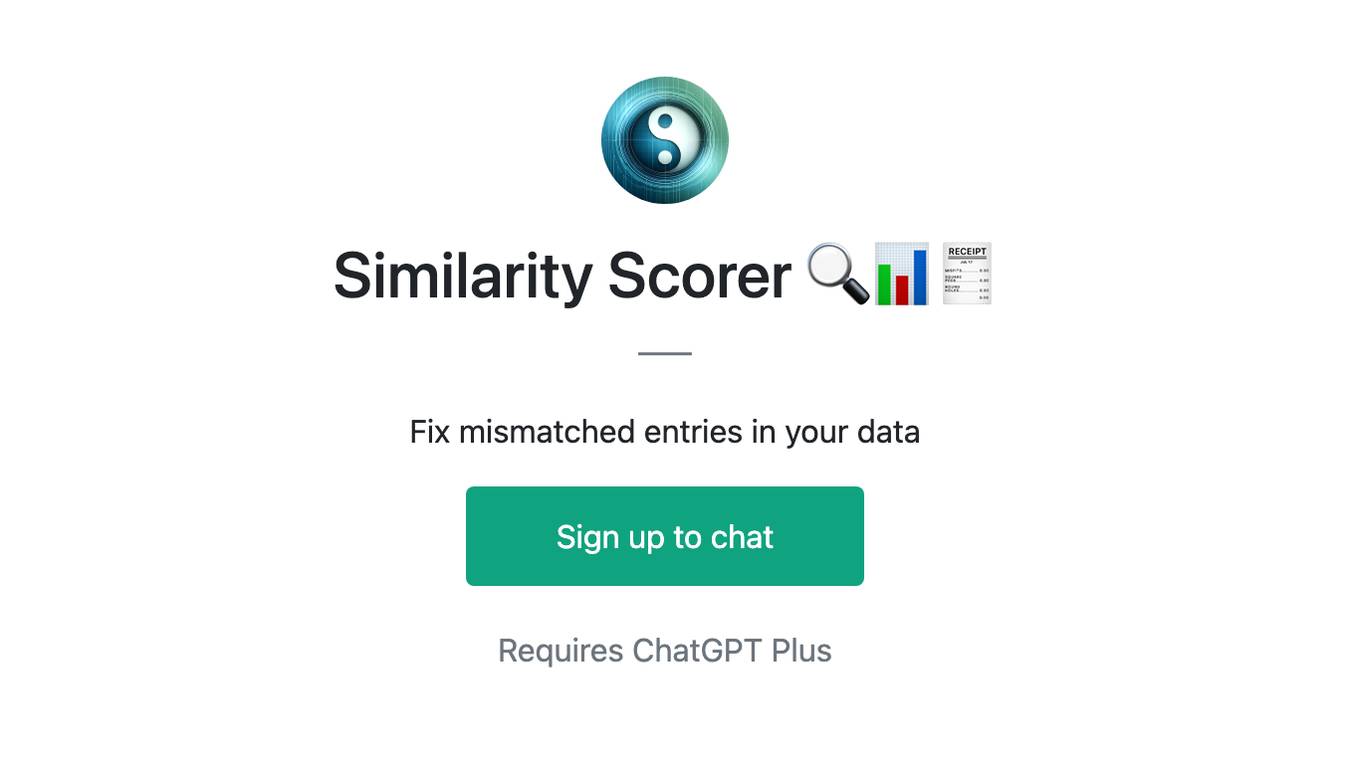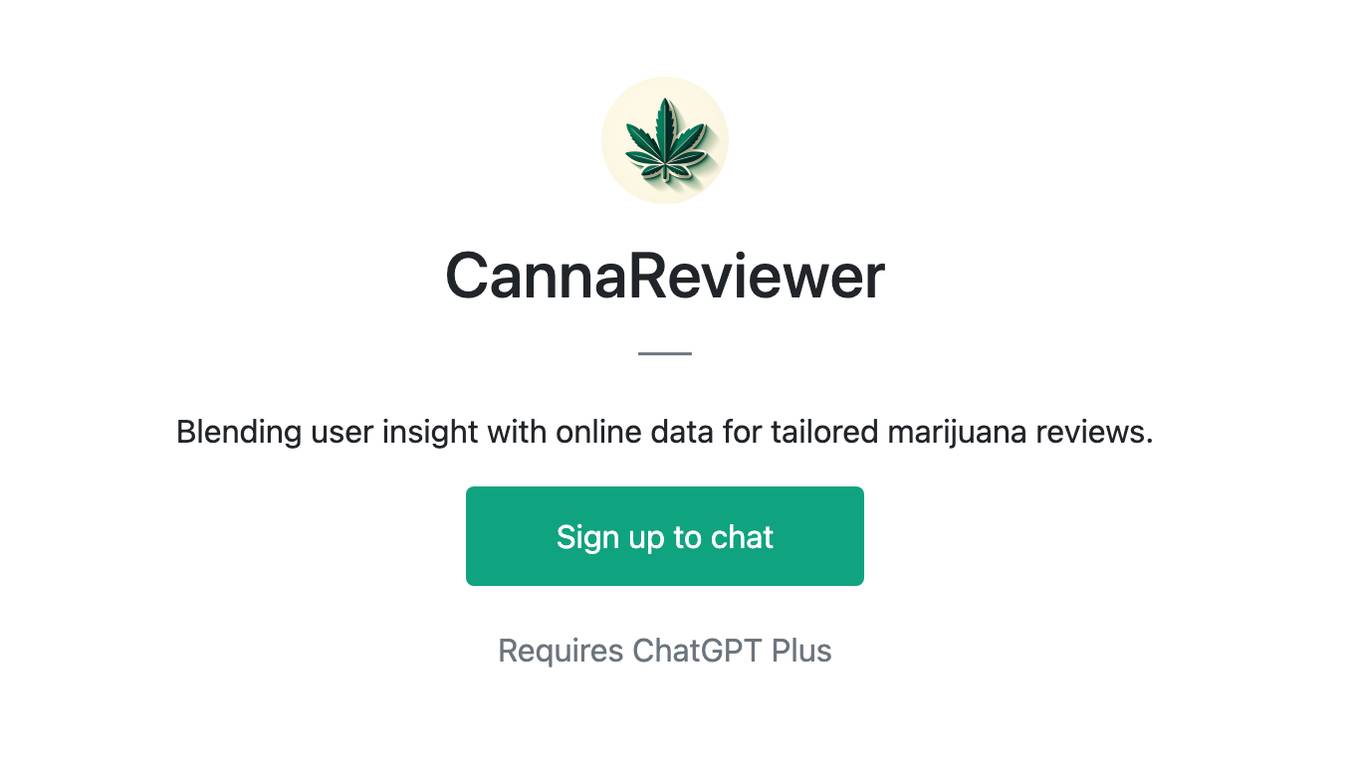Best AI tools for< Compare Data Accuracy >
20 - AI tool Sites
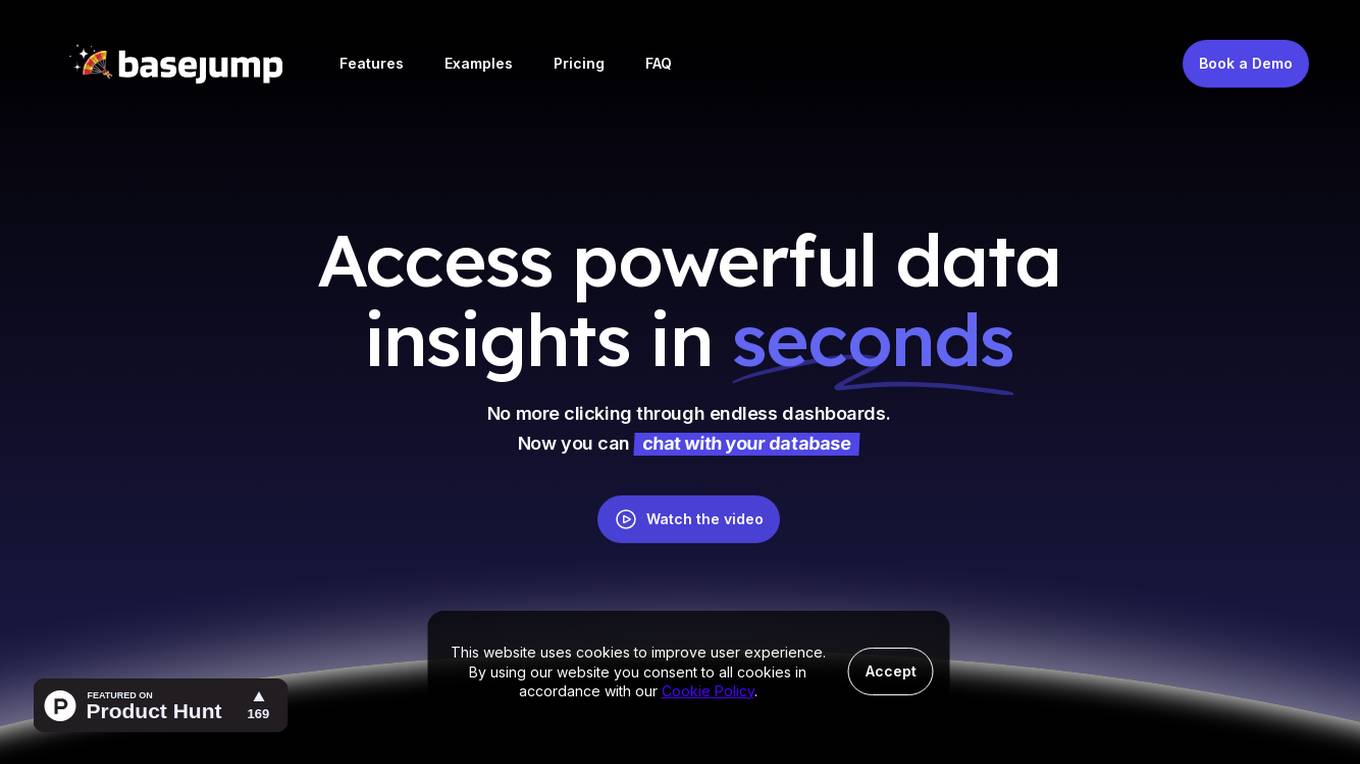
Basejump AI
Basejump AI is an AI-powered data access tool that allows users to interact with their database using natural language queries. It empowers teams to access data quickly and easily, providing instant insights and eliminating the need to navigate through complex dashboards. With Basejump AI, users can explore data, save relevant information, create custom collections, and refine datapoints to meet their specific requirements. The tool ensures data accuracy by allowing users to compare datapoints side by side. Basejump AI caters to various industries such as healthcare, HR, and software, offering real-time insights and analytics to streamline decision-making processes and optimize workflow efficiency.
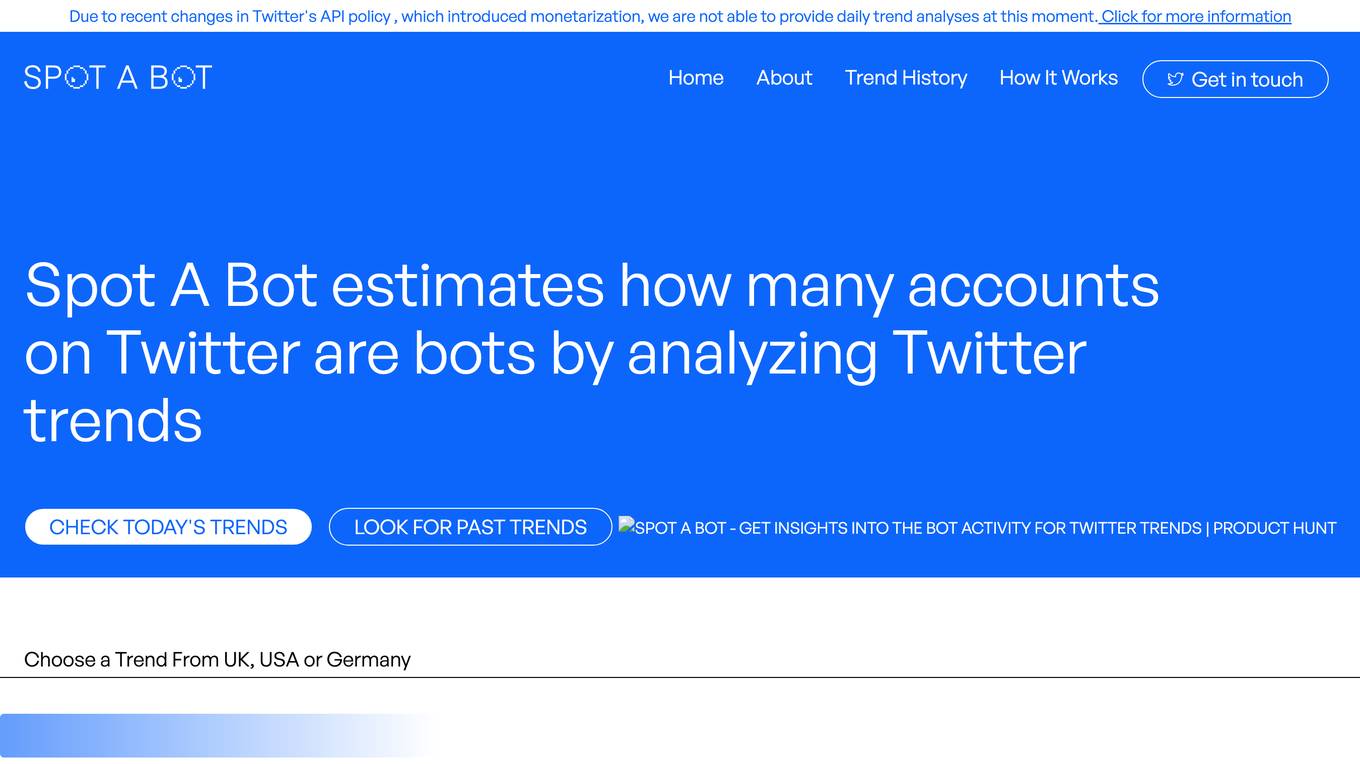
Spot A Bot
Spot A Bot is an AI tool that estimates the number of bot accounts on Twitter by analyzing Twitter trends. It provides insights into the prevalence of bot activity on the platform, helping users identify potentially automated accounts. The tool analyzes current and past trends from different regions like the UK, USA, and Germany to calculate the percentage of bot accounts. With a model accuracy of 11%, Spot A Bot has analyzed over 3,872 total accounts and 158,558 tweets. Users can stay informed about bot activity and trends on Twitter through this application.
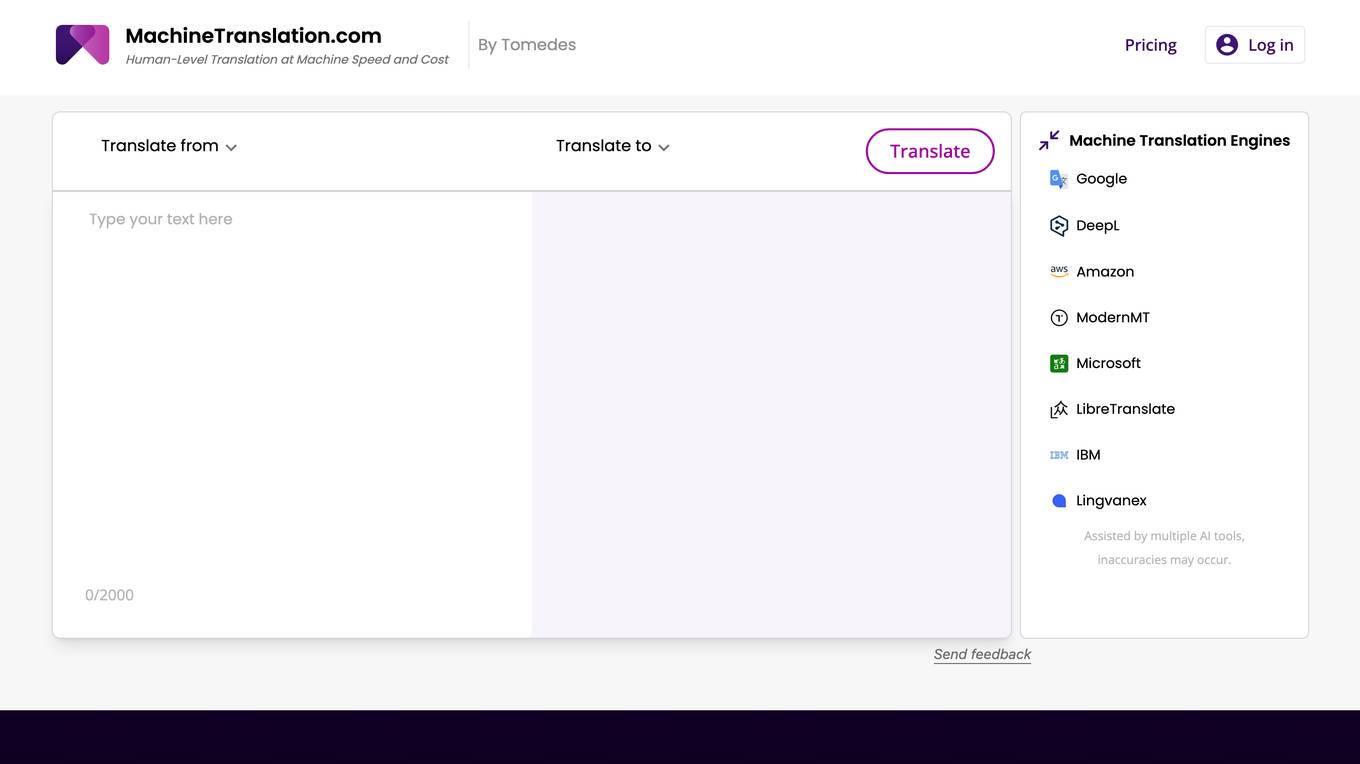
MachineTranslation.com
MachineTranslation.com is a leading AI translation platform trusted by over 1,000,000 users worldwide. It offers accurate translations in 330+ languages with 85% AI-powered accuracy and 100% accuracy with human review. The platform is designed for businesses, professionals, and individuals, providing secure translations, support for large files, preservation of original formatting, and the use of multiple AI models for consensus-based translations.
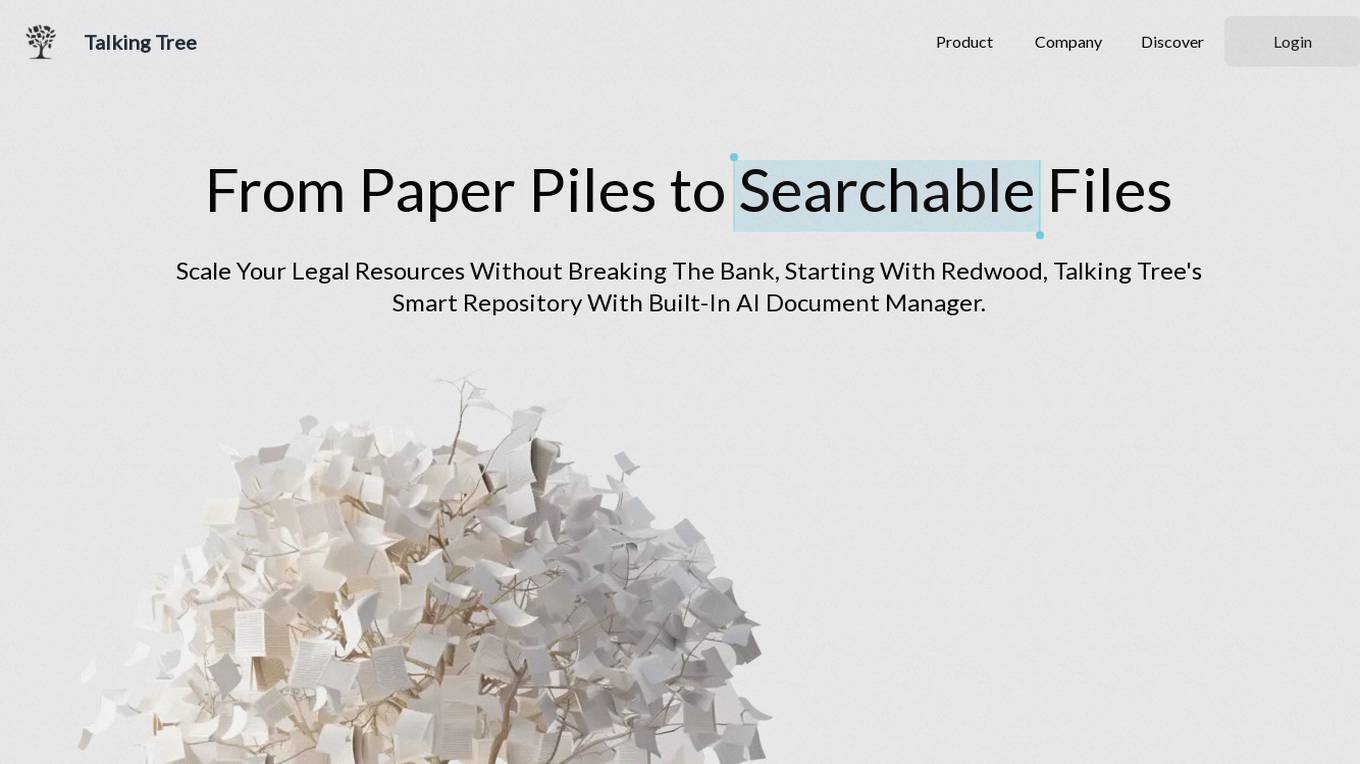
Talking Tree
Talking Tree is an AI-powered document management tool designed for legal professionals to digitize and manage legal documents efficiently. It offers advanced OCR technology and a custom RAG architecture to convert printed and handwritten text into searchable structured data. The platform enables users to find information, draft agreements, and analyze legacy documents with unprecedented speed and accuracy. Talking Tree provides a secure and user-friendly interface with multilingual support, making it a valuable resource for legal research and document management.
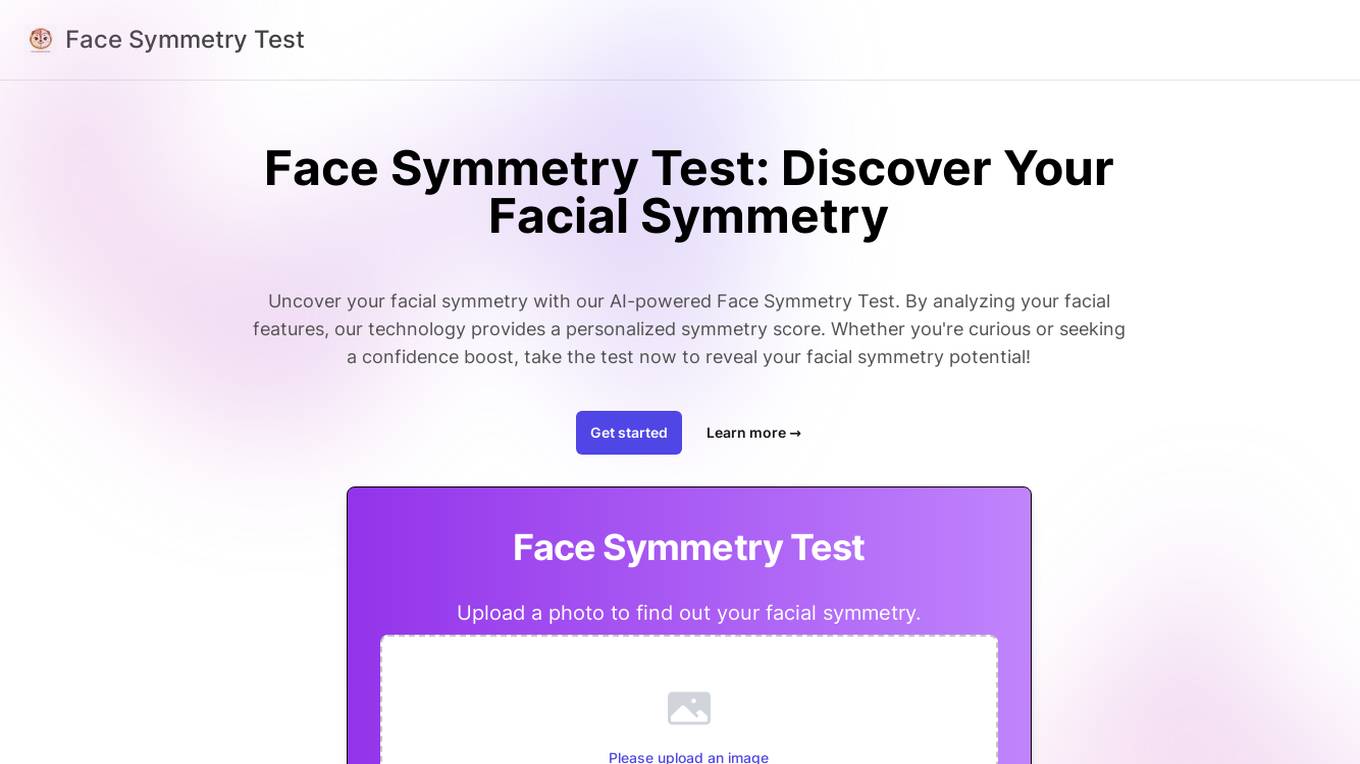
Face Symmetry Test
Face Symmetry Test is an AI-powered tool that analyzes the symmetry of facial features by detecting key landmarks such as eyes, nose, mouth, and chin. Users can upload a photo to receive a personalized symmetry score, providing insights into the balance and proportion of their facial features. The tool uses advanced AI algorithms to ensure accurate results and offers guidelines for improving the accuracy of the analysis. Face Symmetry Test is free to use and prioritizes user privacy and security by securely processing uploaded photos without storing or sharing data with third parties.
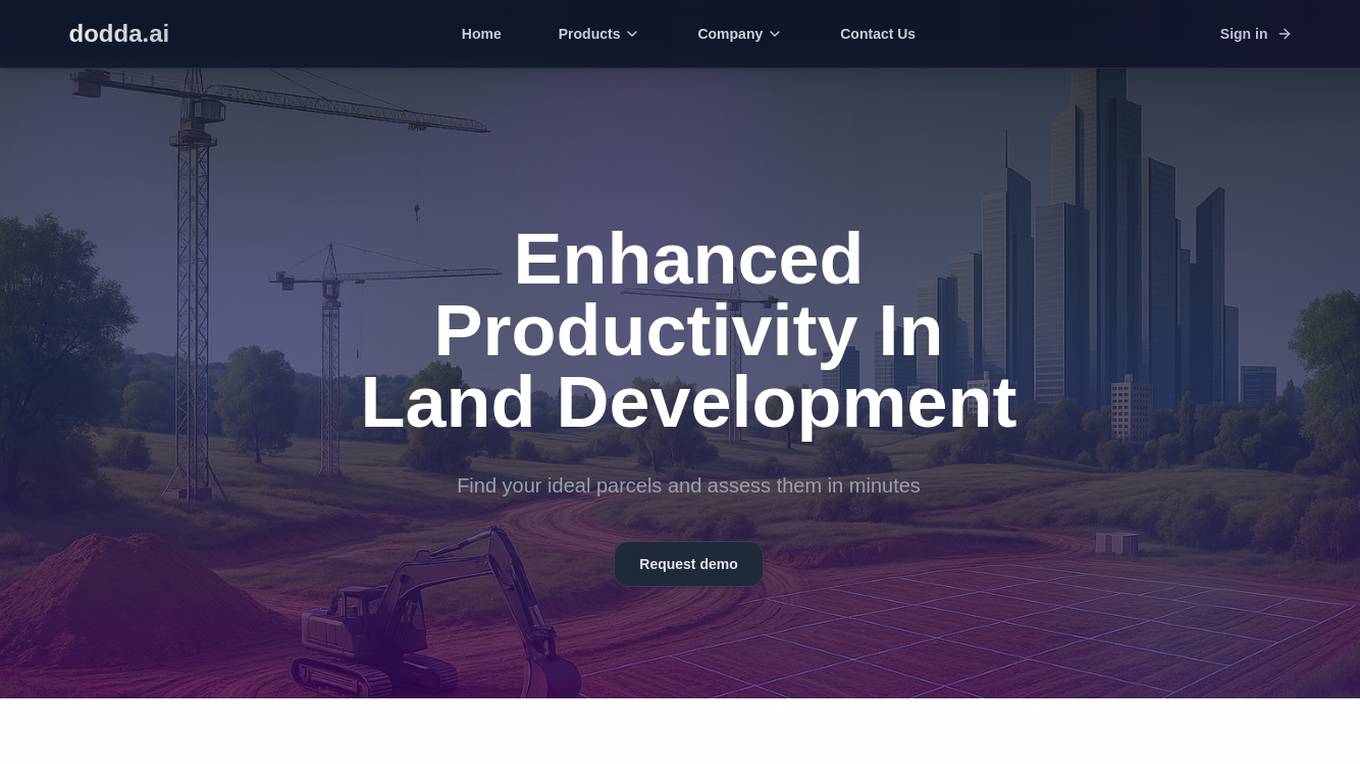
Dodda AI
Dodda AI (dodda.ai) is an AI application that automates site feasibility for Real Estate professionals, enabling quick decision-making by analyzing parcels in minutes. It offers a controlled environment focused on data accuracy, reliability, and scalability through a proprietary Land Use AI Model. Users can save up to 75% of their time compared to traditional methods, with features like instant ADU eligibility analysis, precise parking requirements calculation, feasibility determination, development options exploration, setback measurements, and more. The application is designed to enhance productivity in land development projects, providing verified results and unlocking opportunities with proprietary datasets.
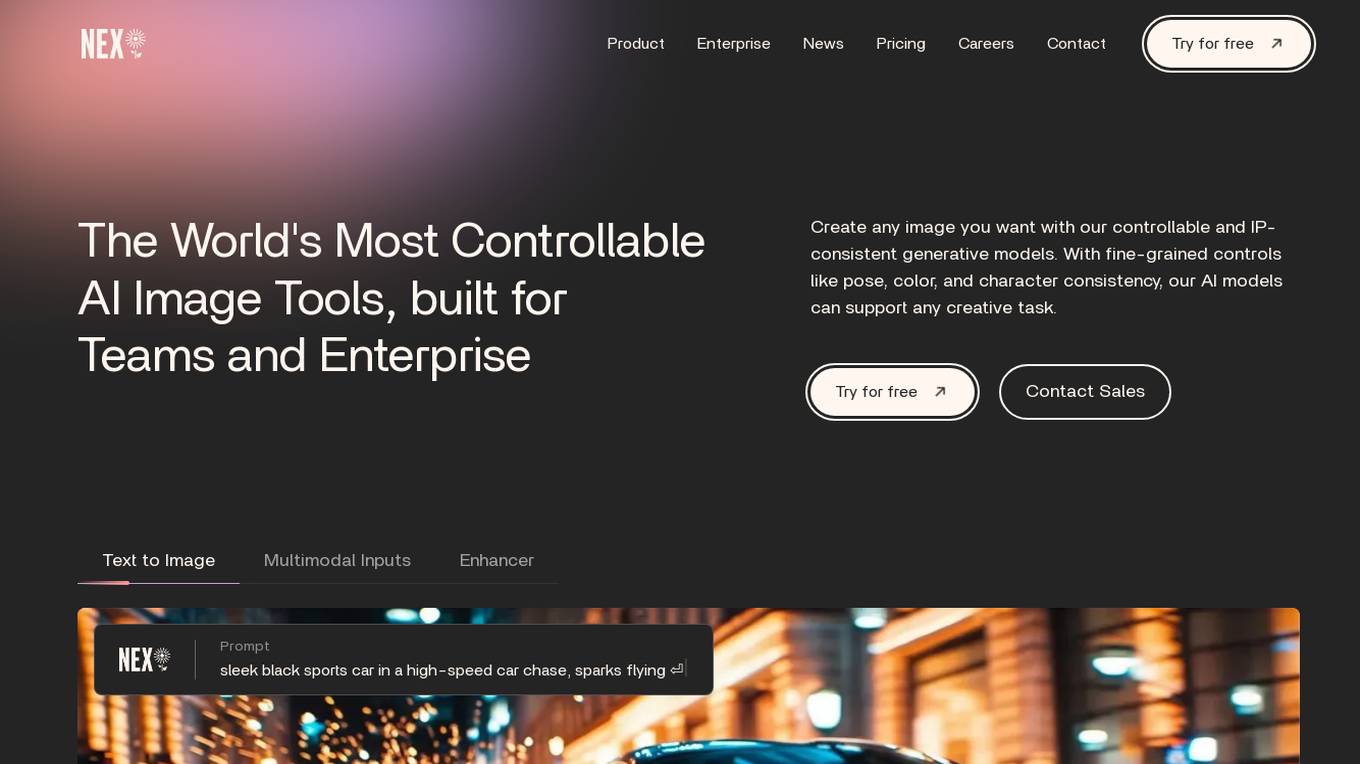
NEX
NEX is a controllable AI image generation tool designed for product creative image suite. It offers a variety of multimodal controls, IP-consistent models, and team workspaces to bring ideas to life. With fine-grained controls like pose, color, and character consistency, NEX supports any creative task. It provides tailored generative media models for various applications, private and custom-built AI models, and collaborative workspaces for secure data sharing. NEX is ideal for creative enterprises in media & entertainment, gaming, fashion, and more, offering up to 10x cost reduction in model development compared to competitors.
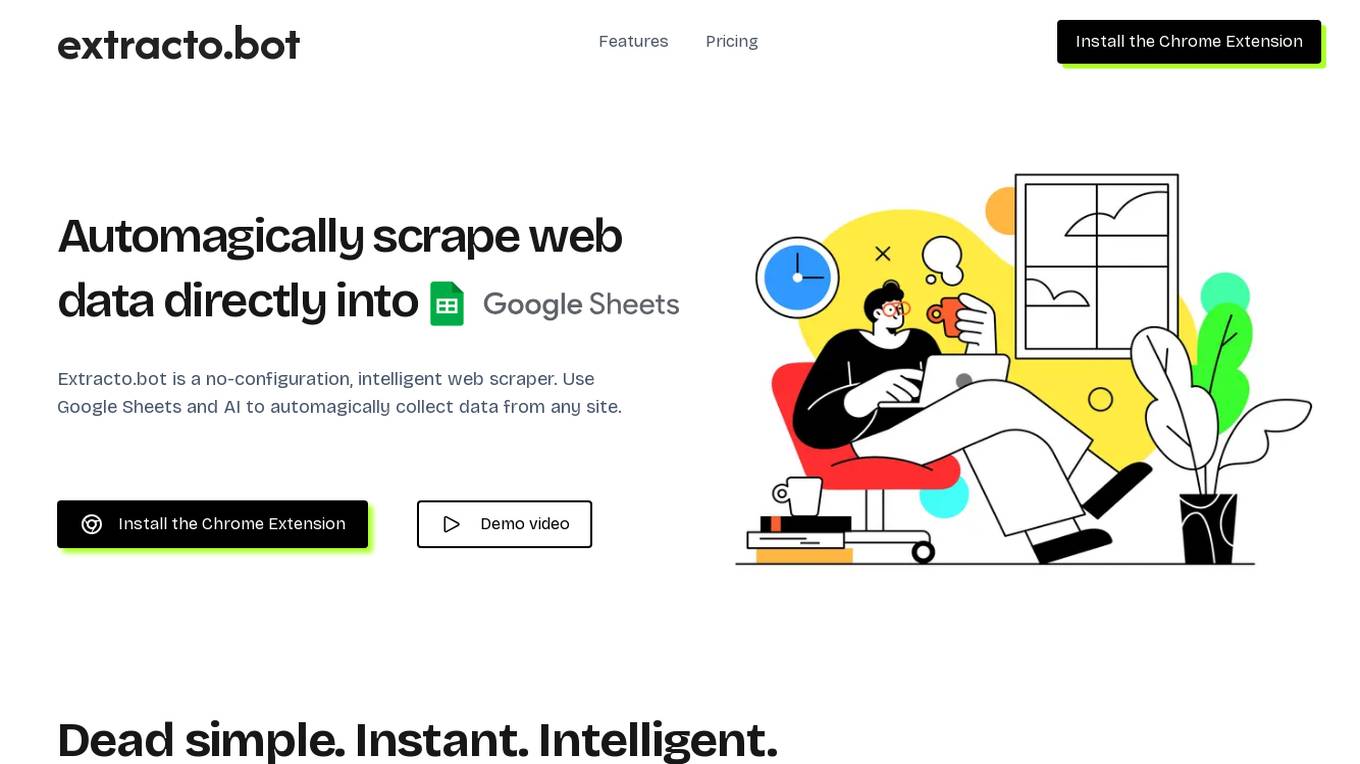
Extracto.bot
Extracto.bot is an AI web scraping tool that automates the process of extracting data from websites. It is a no-configuration, intelligent web scraper that allows users to collect data from any site using Google Sheets and AI technology. The tool is designed to be simple, instant, and intelligent, enabling users to save time and effort in collecting and organizing data for various purposes.
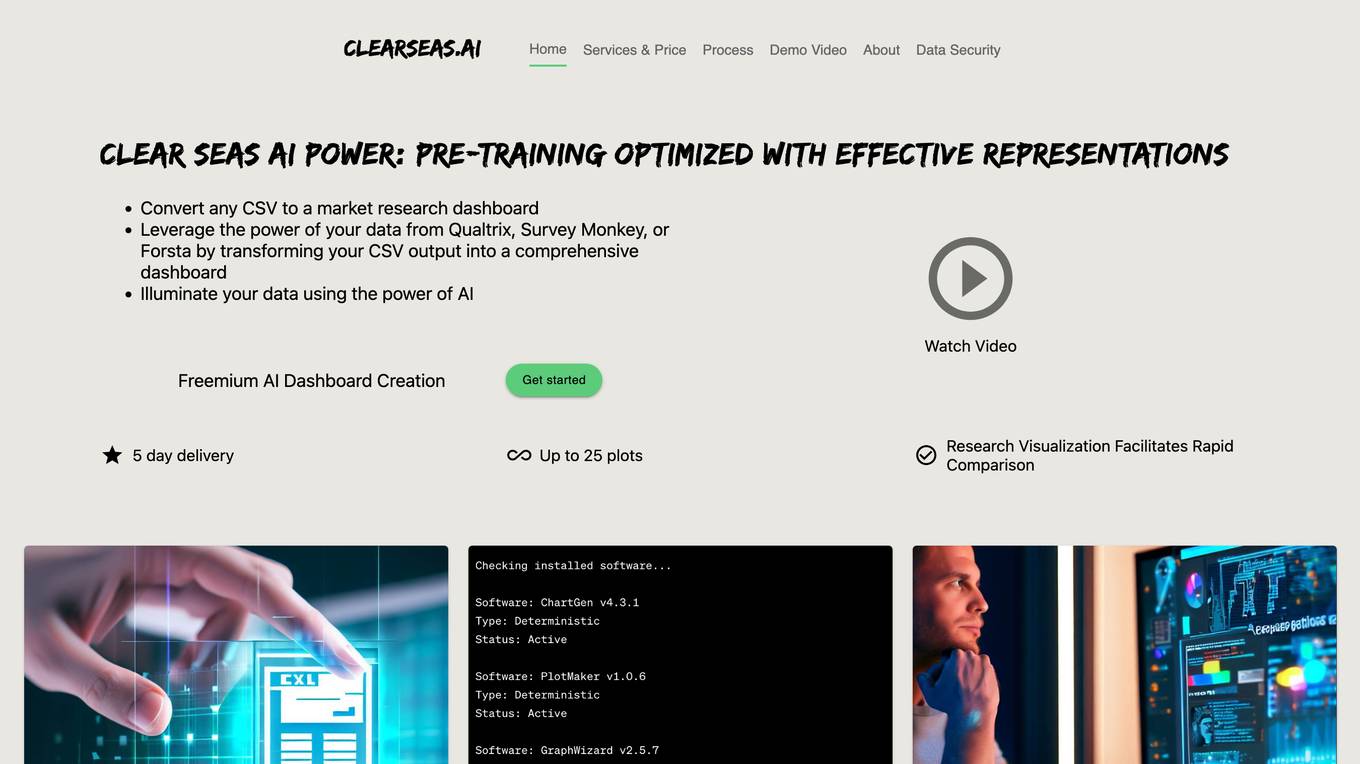
ClearSeas.AI
ClearSeas.AI is an AI-powered market research visualization dashboard that leverages advanced AI technologies to interpret complex datasets, delivering intuitive and visually compelling insights. The platform offers services such as expert survey design, efficient survey deployment, B2B panel access, and full-service project management. ClearSeas.AI prioritizes data security by employing stringent protocols, advanced encryption technologies, and document protection measures. The platform does not use customer data for AI training, ensuring data privacy and confidentiality. ClearSeas.AI aims to illuminate insights with the power of AI, empowering users to stay ahead of market trends and make informed strategic decisions.
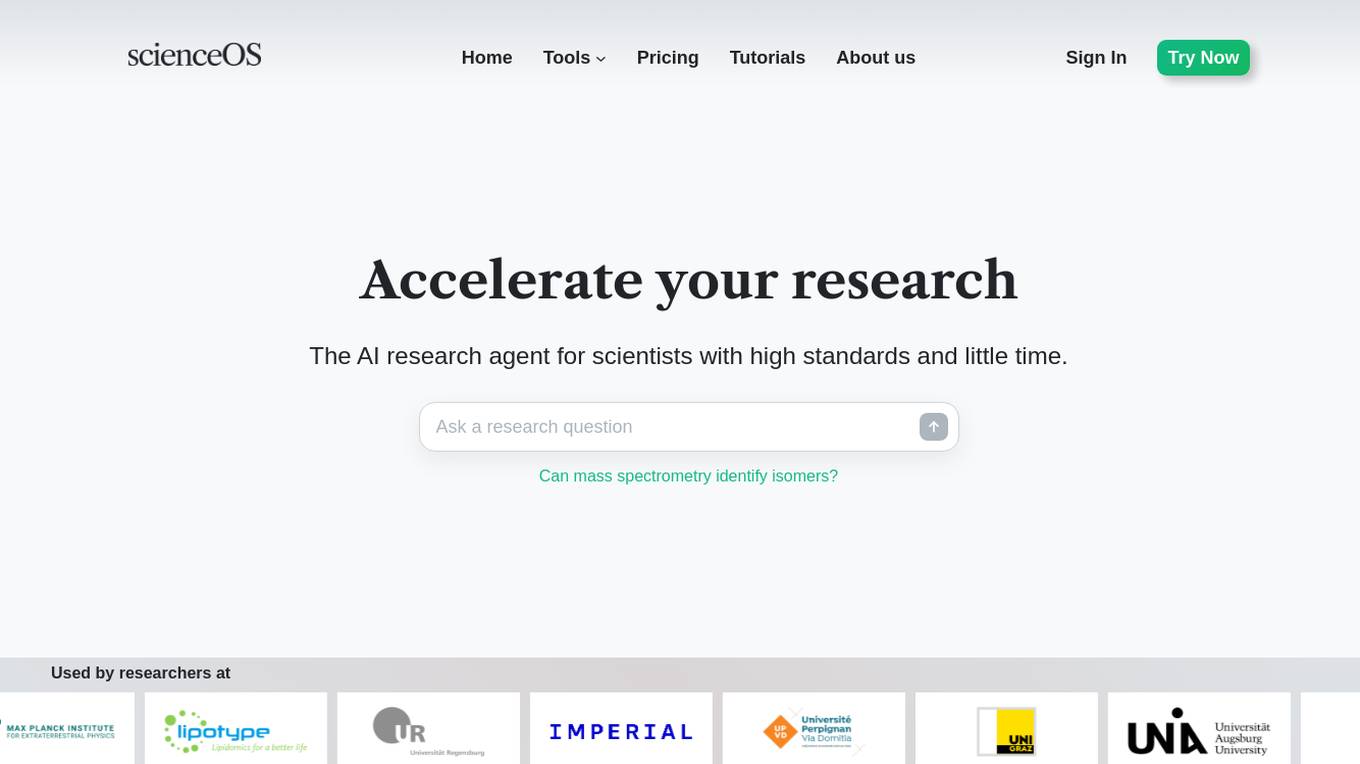
scienceOS
scienceOS is an AI research tool designed for scientists to accelerate their research process. It offers features such as AI science chat, AI PDF chat, AI reference manager, and more to help researchers access and analyze vast amounts of scientific data efficiently. With a focus on collaboration, simplicity, leanness, and vision, scienceOS aims to empower scientists in tackling global challenges by providing access to a vast database of research papers and citations.
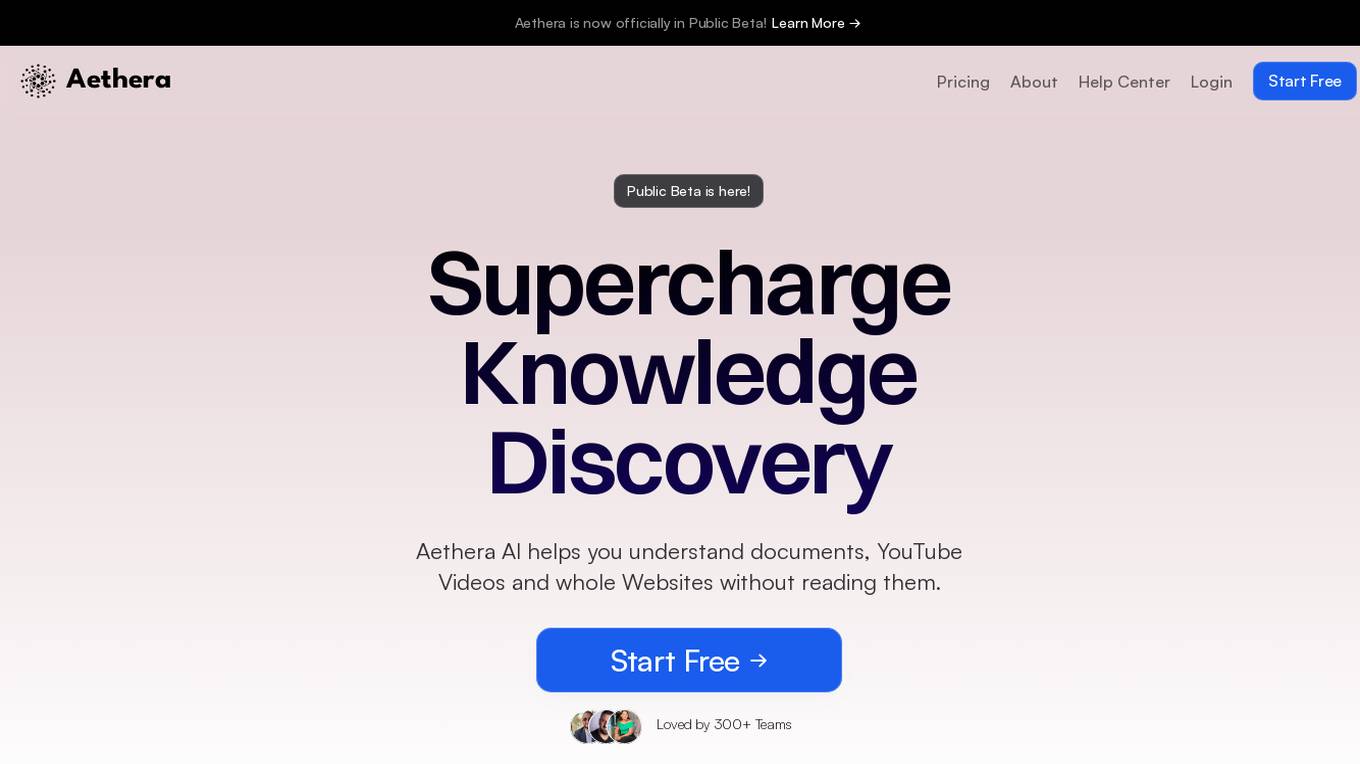
Aethera
Aethera is a collaborative knowledge discovery platform that leverages advanced AI models to help teams and individuals understand documents, YouTube videos, and websites without the need to read them. It offers powerful features for organizing, personalizing, and discovering information, along with document management tools, multilingual support, and the ability to summarize and compare multiple documents. Aethera also allows users to create personalized AI assistants, chat with sets of documents using personas, and work collaboratively within organizations. The platform is designed to streamline knowledge discovery processes and boost productivity by providing tailored insights and summaries from various sources.
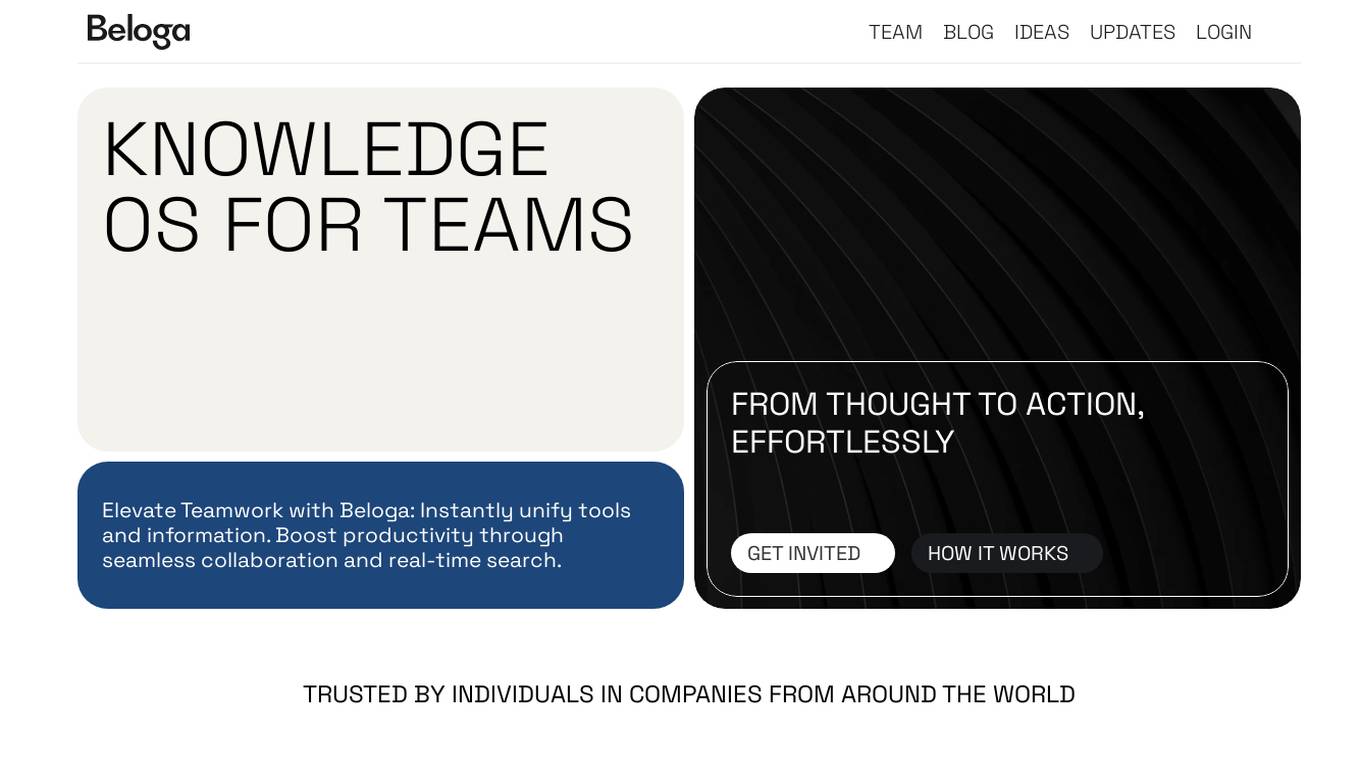
Beloga
Beloga is a knowledge operating system (OS) for teams that instantly unifies tools and information, boosting productivity through seamless collaboration and real-time search. It uses AI to deliver precise, actionable insights from team data, enabling quick, informed decision-making. Beloga streamlines team workflows into a single platform, eliminating app-switching and enhancing collaboration and efficiency. It also offers multi-source integration, allowing users to easily compare and integrate data from multiple sources, revealing hidden insights. Beloga's features include hyper-contextualized key insights, seamless integration, cross-referencing made easy, and instant access to the information you need.
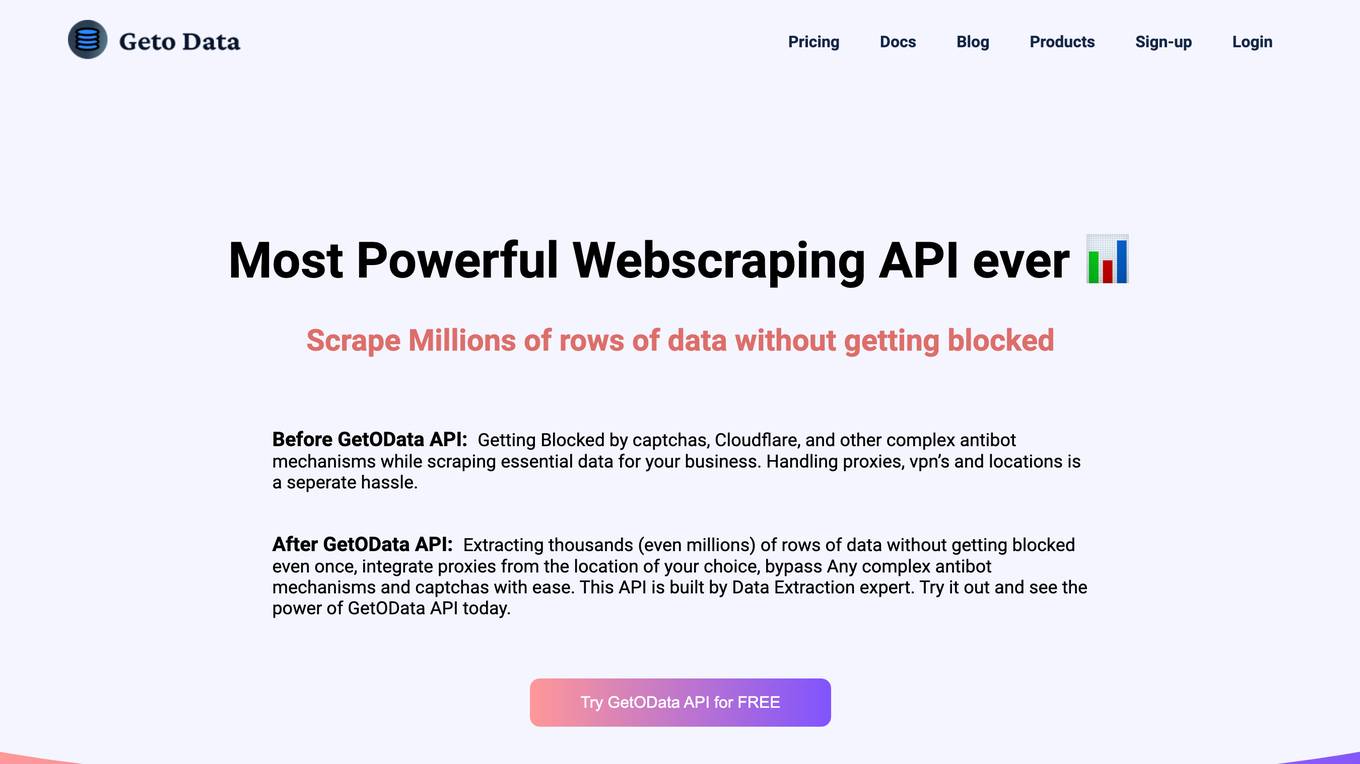
GetOData
GetOData is an AI-based data extraction tool designed for small-scale scraping. The platform allows users to discover and compare over 24,000 APIs for various use cases. With features like Apify Actors for structured listings extraction and a Chrome Extension for seamless web scraping, GetOData offers a comprehensive solution for data extraction needs. Users can explore APIs across different categories such as AI, jobs, real estate, social, SEO, maps, finance, and news. Additionally, the platform provides specialized tools for scraping platforms like Amazon, Pinterest, Medium, TikTok, Facebook, Instagram, and more, enabling users to gather valuable insights and data for analysis and research.
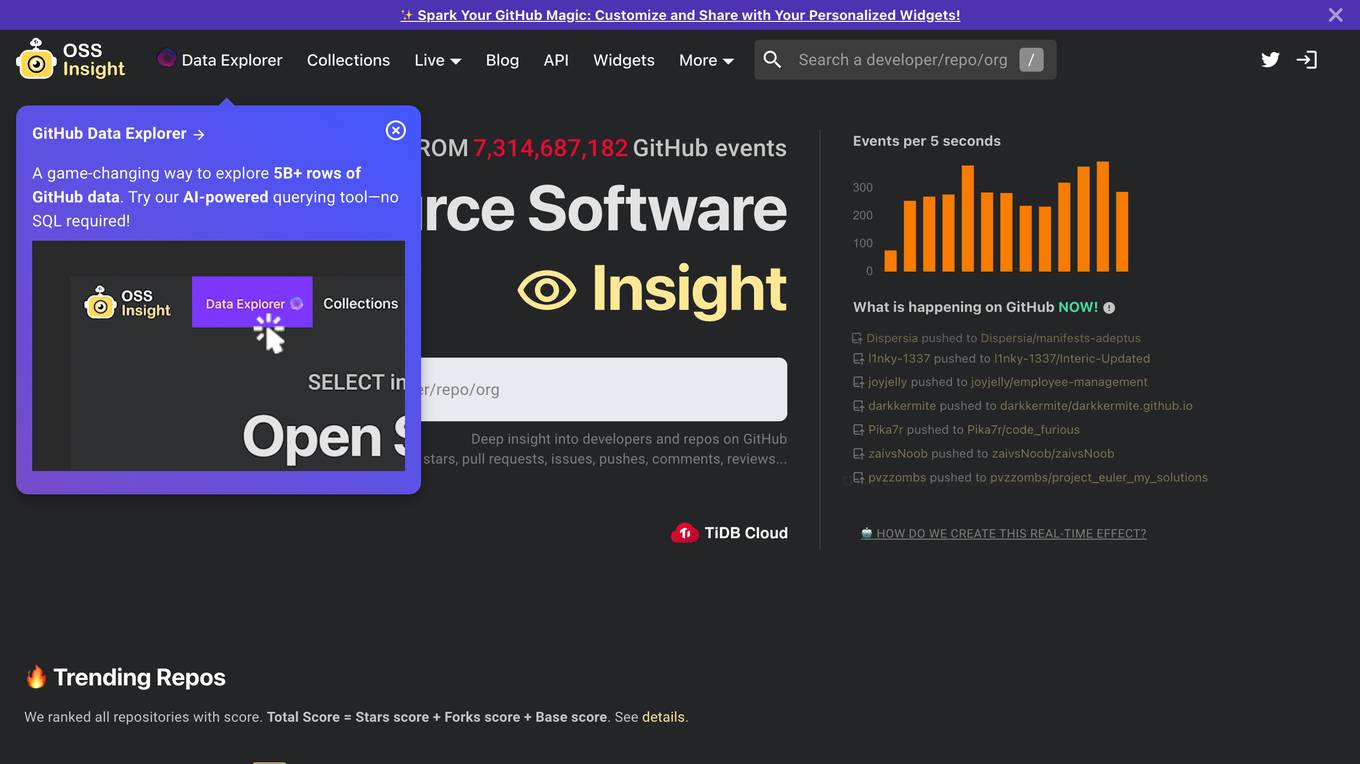
OSS Insight
OSS Insight is an AI tool that provides deep insight into developers and repositories on GitHub, offering information about stars, pull requests, issues, pushes, comments, and reviews. It utilizes artificial intelligence to analyze data and provide valuable insights to users. The tool ranks repositories, tracks trending repositories, and offers real-time information about GitHub events. Additionally, it offers features like data exploration, collections, live blog, API integration, and widgets.
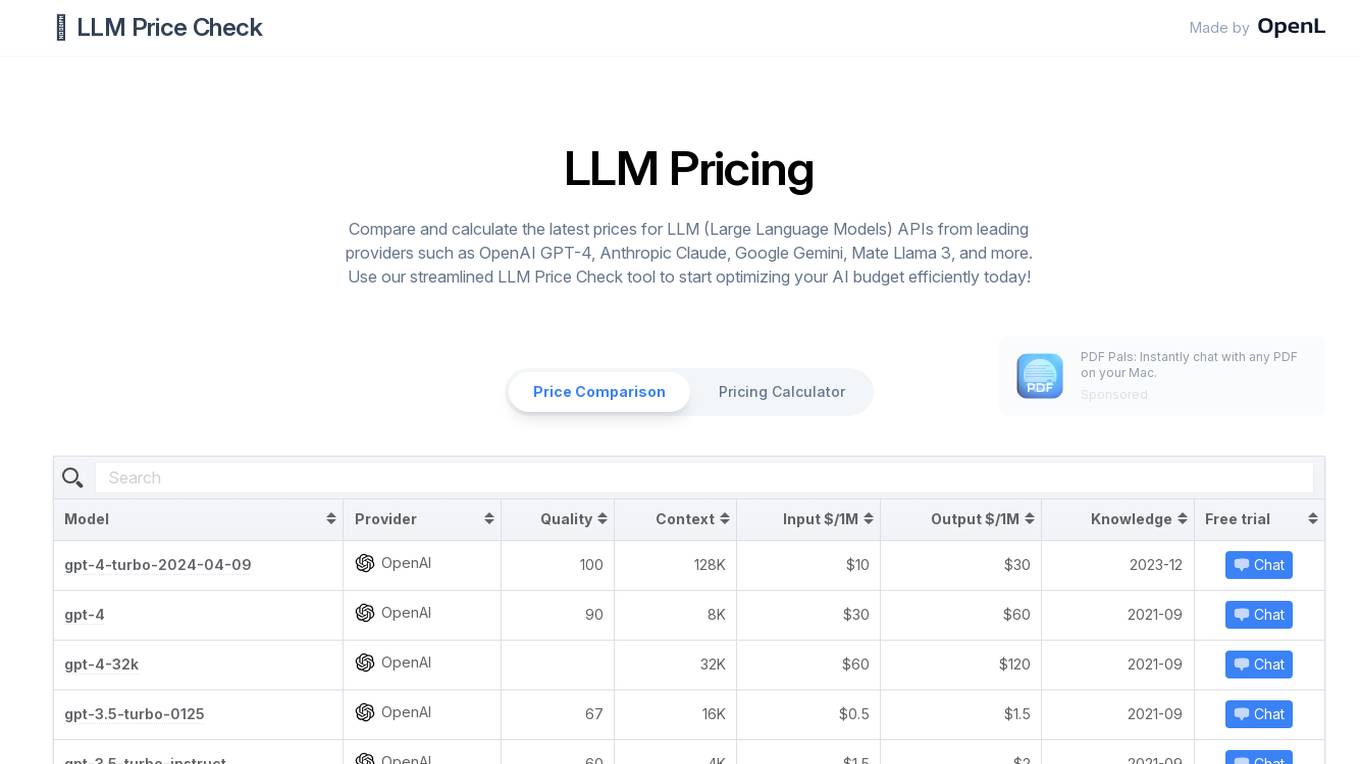
LLM Price Check
LLM Price Check is an AI tool designed to compare and calculate the latest prices for Large Language Models (LLM) APIs from leading providers such as OpenAI, Anthropic, Google, and more. Users can use the streamlined tool to optimize their AI budget efficiently by comparing pricing, sorting by various parameters, and searching for specific models. The tool provides a comprehensive overview of pricing information to help users make informed decisions when selecting an LLM API provider.
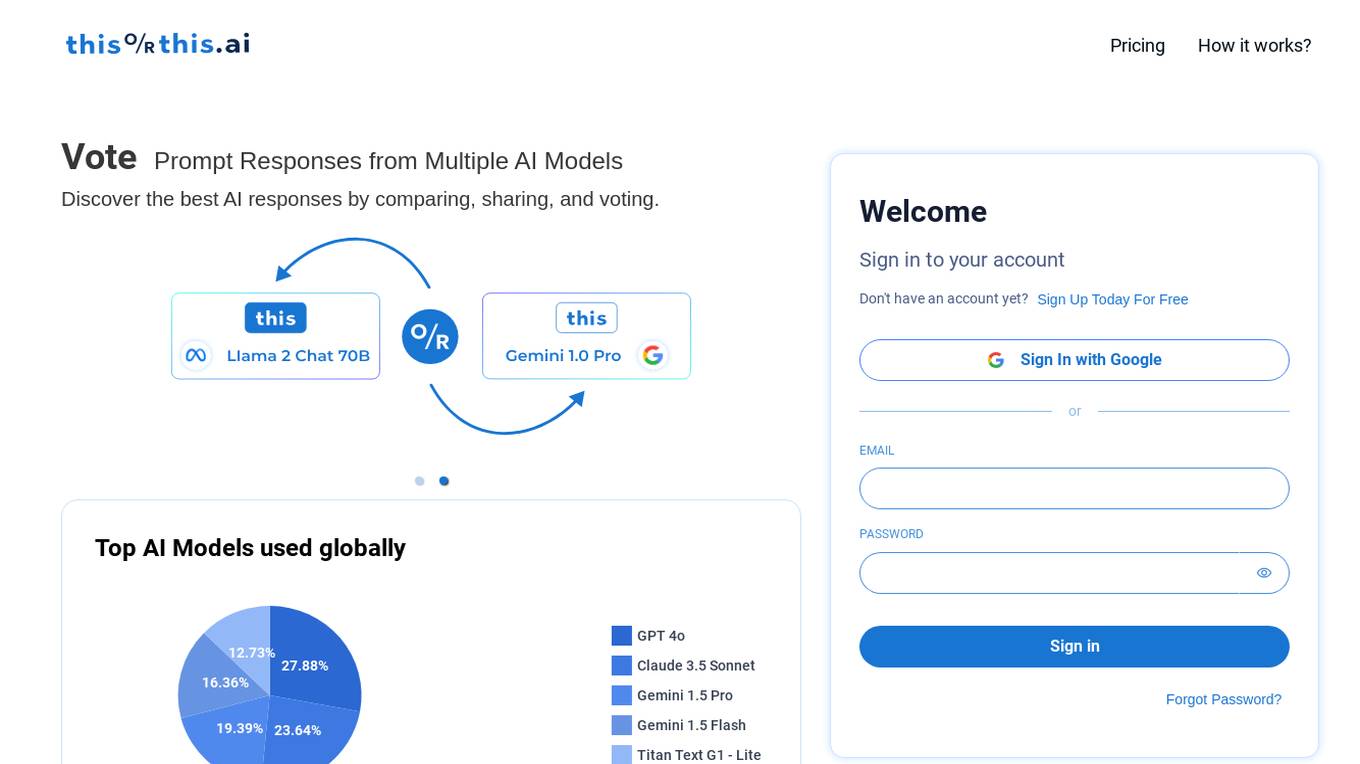
thisorthis.ai
thisorthis.ai is an AI tool that allows users to compare generative AI models and AI model responses. It helps users analyze and evaluate different AI models to make informed decisions. The tool requires JavaScript to be enabled for optimal functionality.
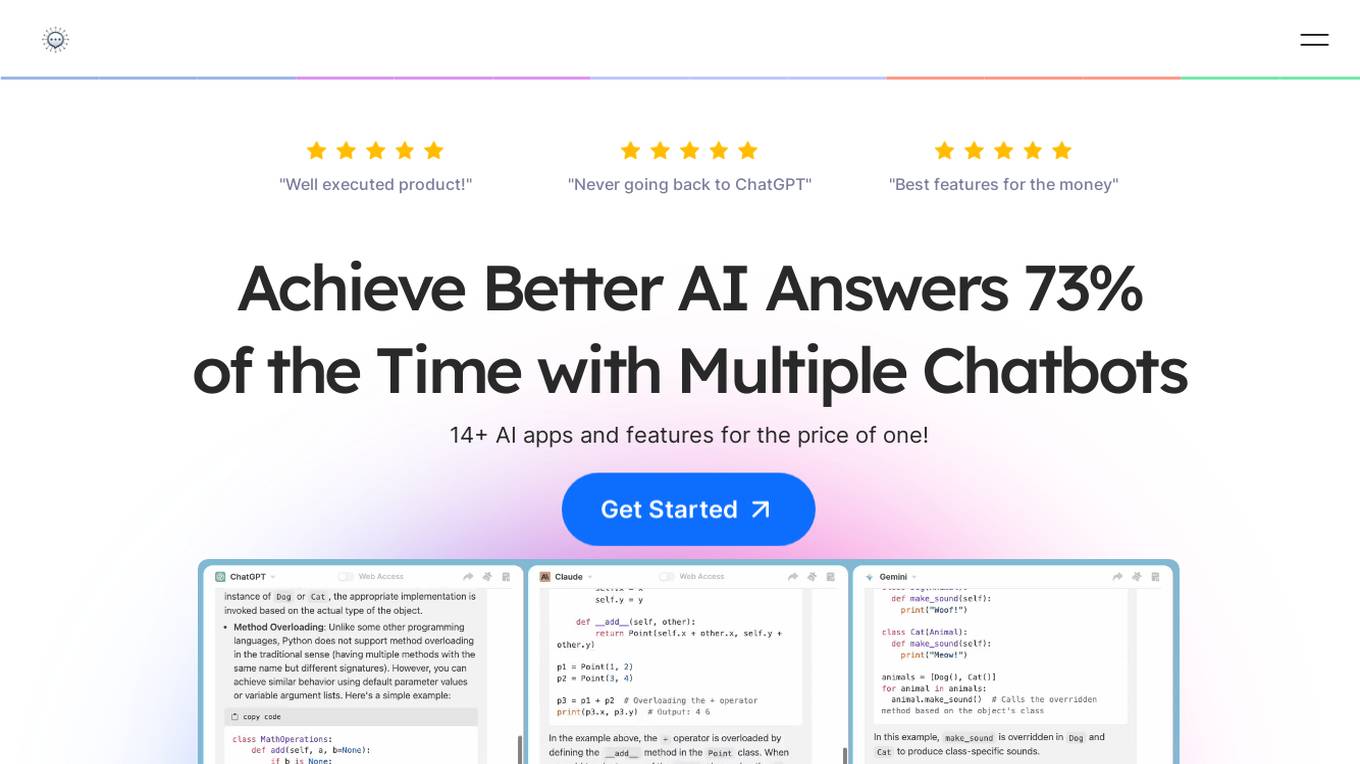
ChatPlayground AI
ChatPlayground AI is a versatile platform that allows users to compare multiple AI chatbots to obtain the best responses. With 14+ AI apps and features available, users can achieve better AI answers 73% of the time. The platform offers a comprehensive prompt library, real-time web search capabilities, image generation, history recall, document upload and analysis, and multilingual support. It caters to developers, data scientists, students, researchers, content creators, writers, and AI enthusiasts. Testimonials from users highlight the efficiency and creativity-enhancing benefits of using ChatPlayground AI.
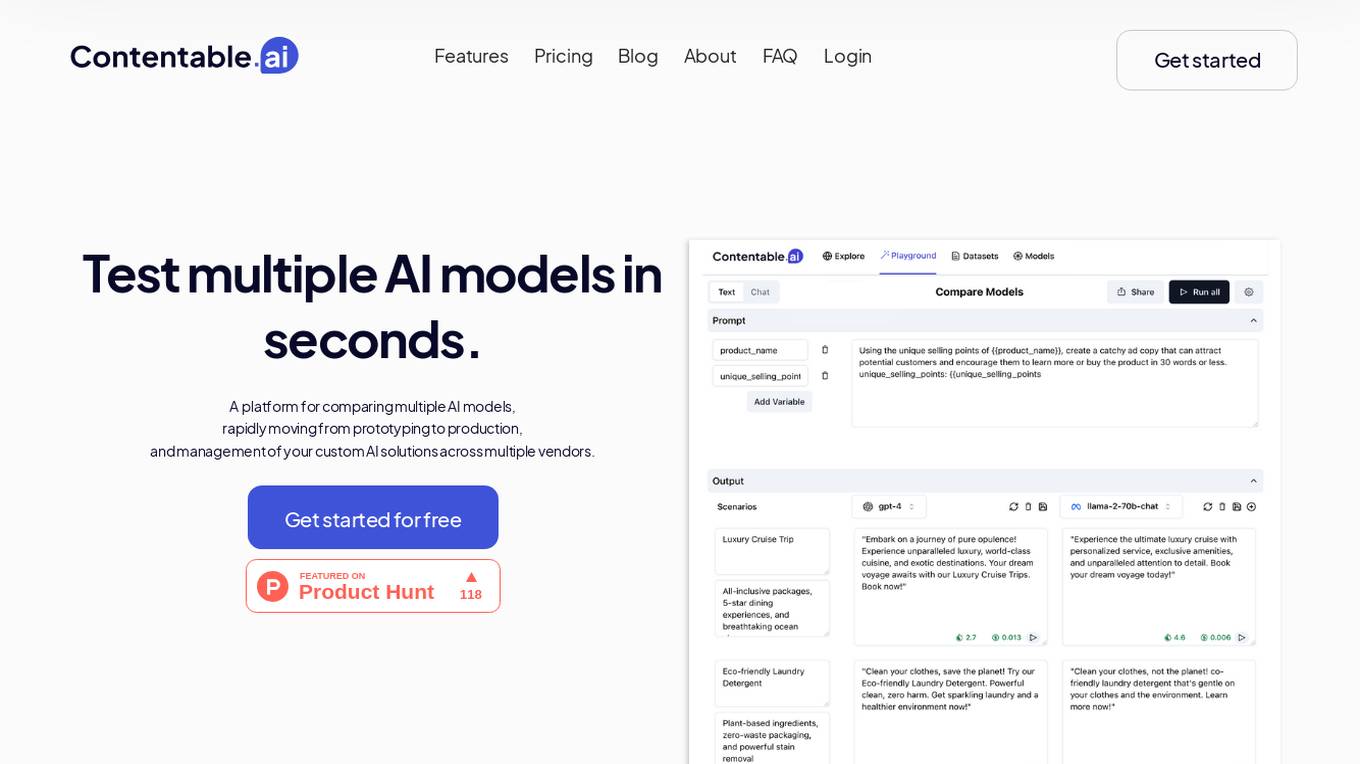
Contentable.ai
Contentable.ai is a platform for comparing multiple AI models, rapidly moving from prototyping to production, and management of your custom AI solutions across multiple vendors. It allows users to test multiple AI models in seconds, compare models side-by-side across top AI providers, collaborate on AI models with their team seamlessly, design complex AI workflows without coding, and pay as they go.
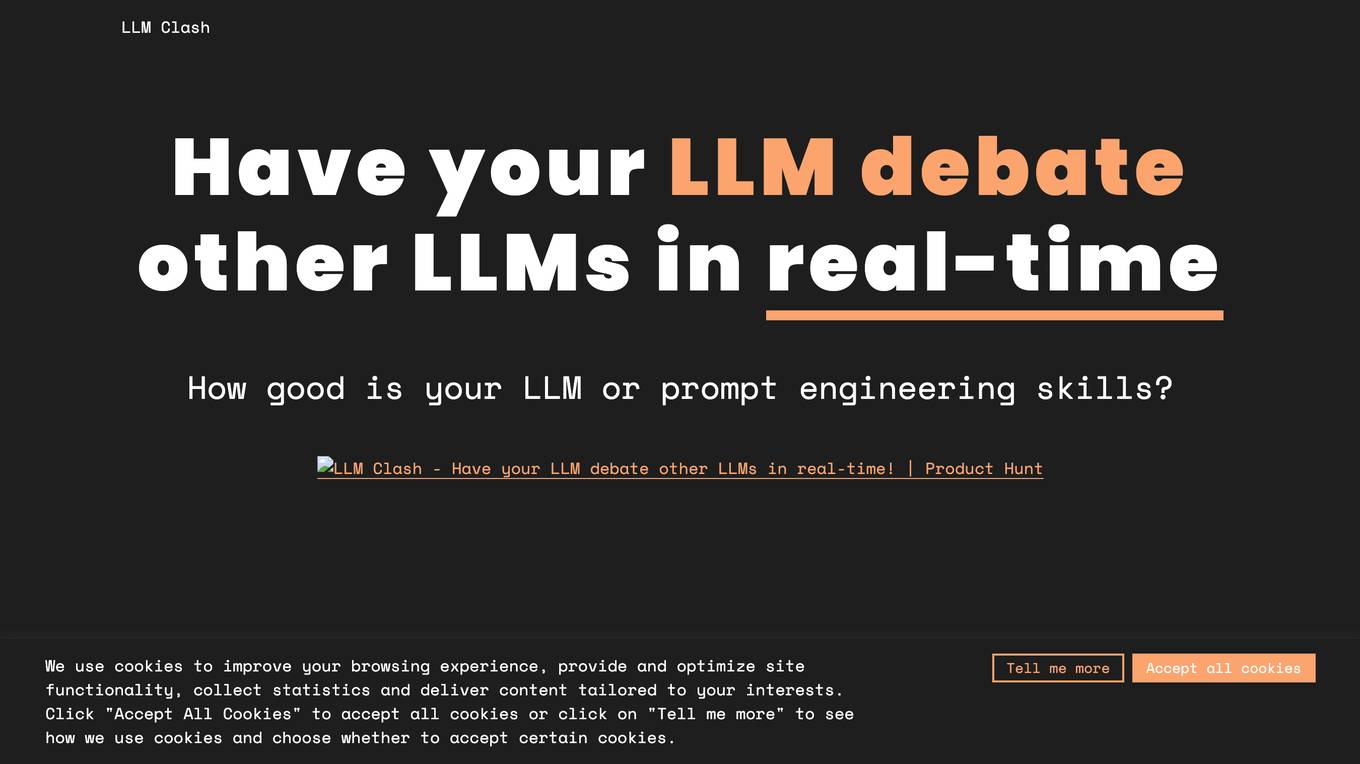
LLM Clash
LLM Clash is a web-based application that allows users to compare the outputs of different large language models (LLMs) on a given task. Users can input a prompt and select which LLMs they want to compare. The application will then display the outputs of the LLMs side-by-side, allowing users to compare their strengths and weaknesses.
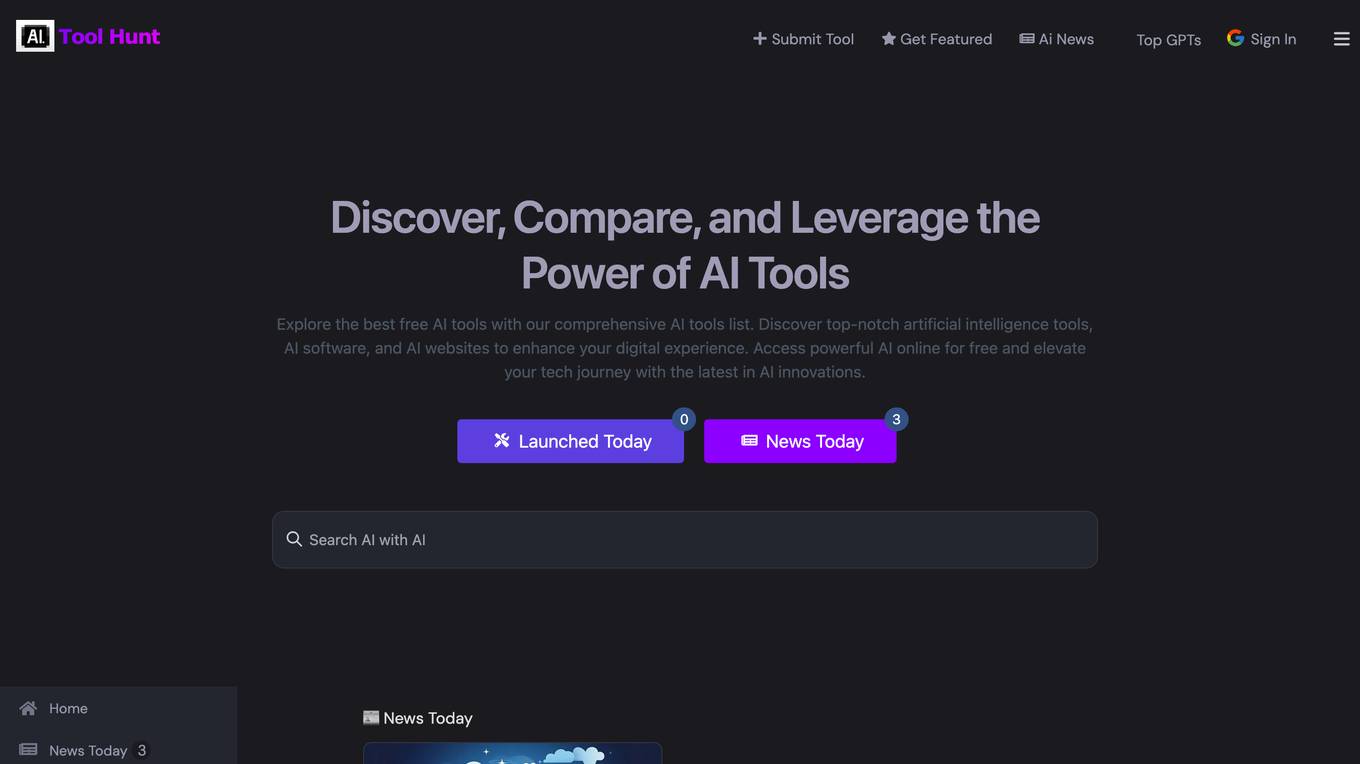
Ai Tool Hunt
Ai Tool Hunt is a comprehensive directory of free AI tools, software, and websites. It provides users with a curated list of the best AI resources available online, empowering them to enhance their digital experiences and leverage the latest advancements in artificial intelligence. With Ai Tool Hunt, users can discover powerful AI tools for various tasks, including content creation, data analysis, image editing, language learning, and more. The platform offers detailed descriptions, user ratings, and easy access to these tools, making it a valuable resource for individuals and businesses seeking to integrate AI into their workflows.
0 - Open Source AI Tools
20 - OpenAI Gpts
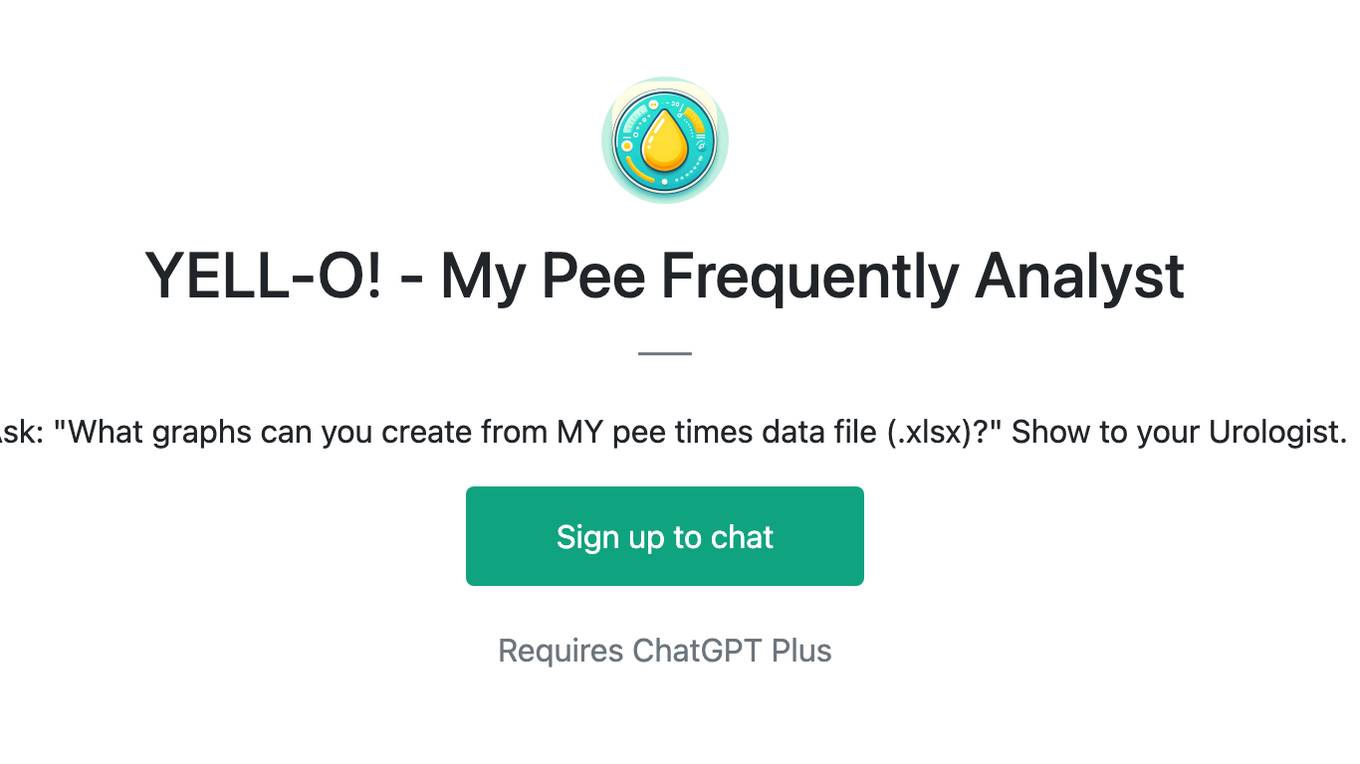
YELL-O! - My Pee Frequently Analyst
Ask: "What graphs can you create from MY pee times data file (.xlsx)?" Show to your Urologist.

Calorie Count & Cut Cost: Food Data
Apples vs. Oranges? Optimize your low-calorie diet. Compare food items. Get tailored advice on satiating, nutritious, cost-effective food choices based on 240 items.
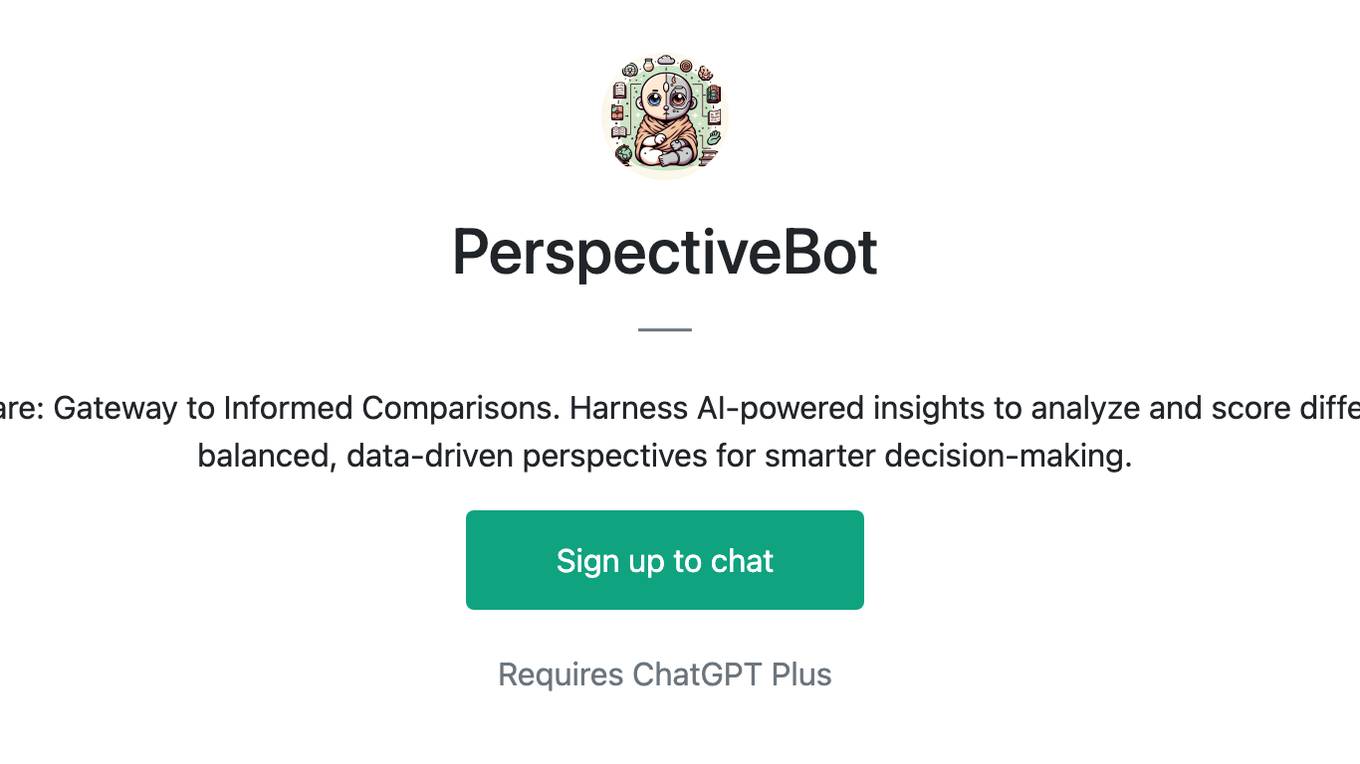
PerspectiveBot
Provide TOPIC & different views to compare: Gateway to Informed Comparisons. Harness AI-powered insights to analyze and score different viewpoints on any topic, delivering balanced, data-driven perspectives for smarter decision-making.
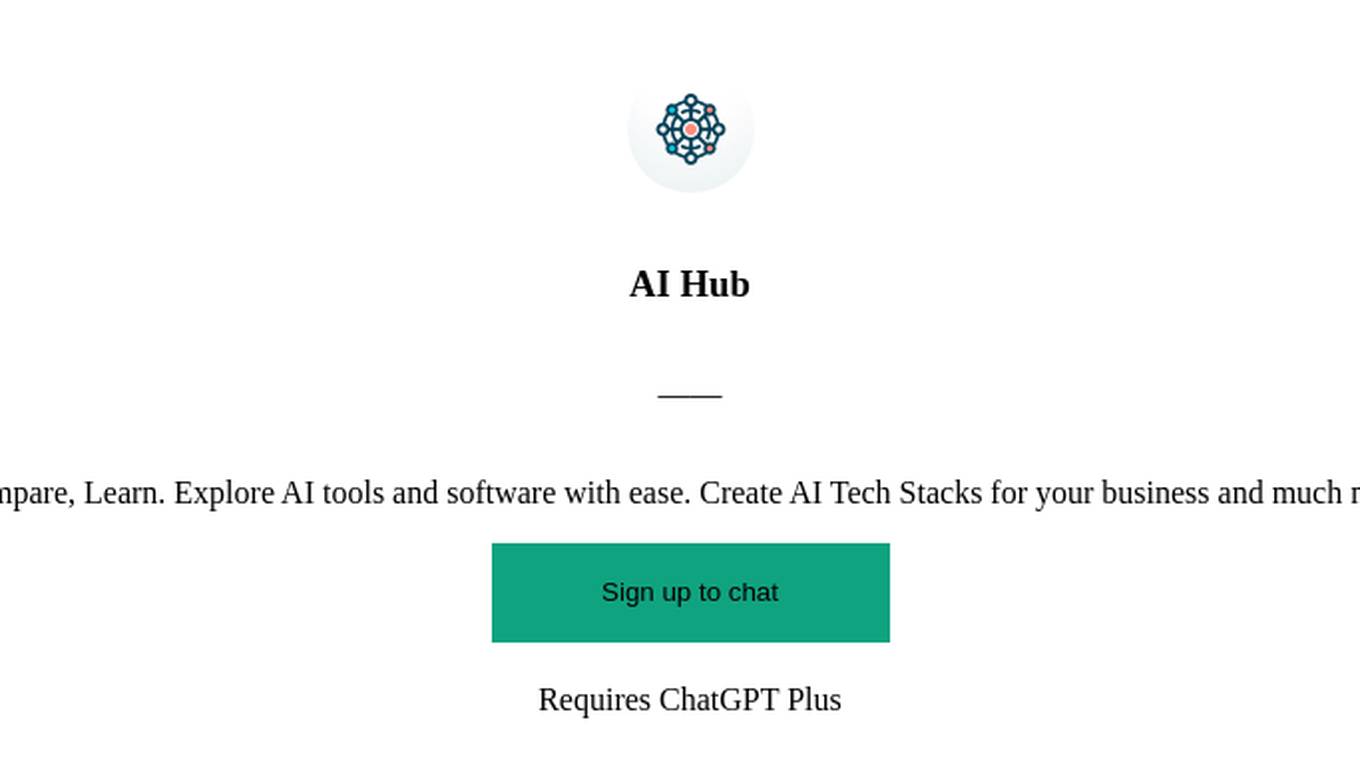
AI Hub
Your Gateway to AI Discovery – Ask, Compare, Learn. Explore AI tools and software with ease. Create AI Tech Stacks for your business and much more – Just ask, and AI Hub will do the rest!
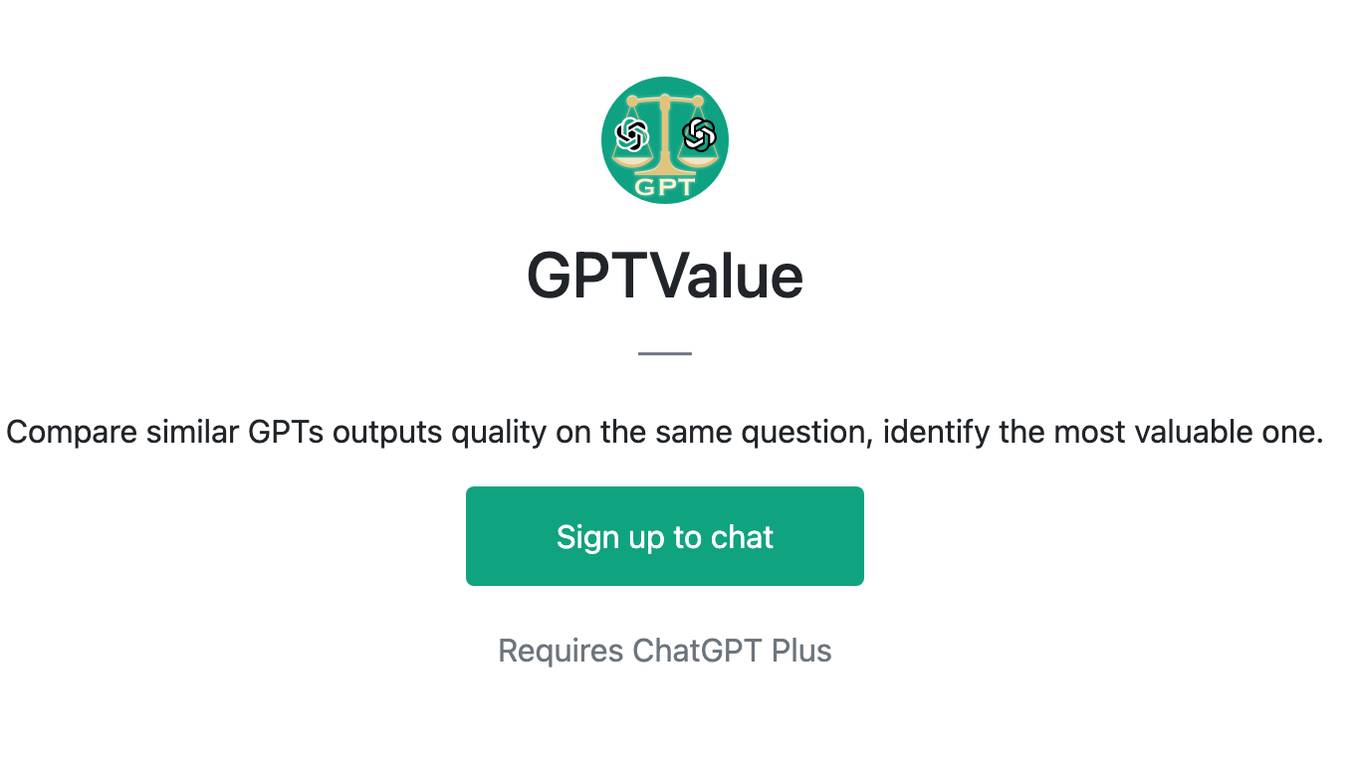
GPTValue
Compare similar GPTs outputs quality on the same question, identify the most valuable one.
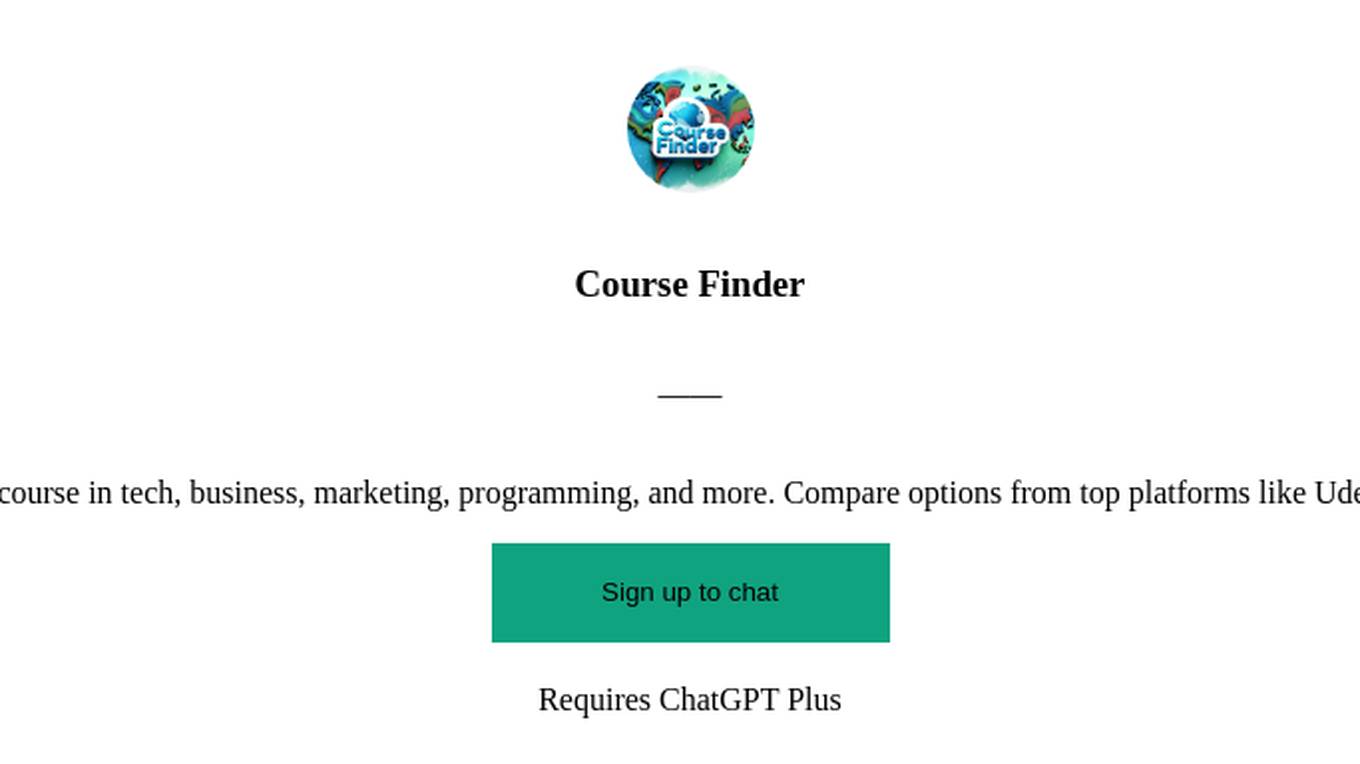
Course Finder
Find the perfect online course in tech, business, marketing, programming, and more. Compare options from top platforms like Udemy, Coursera, and EDX.
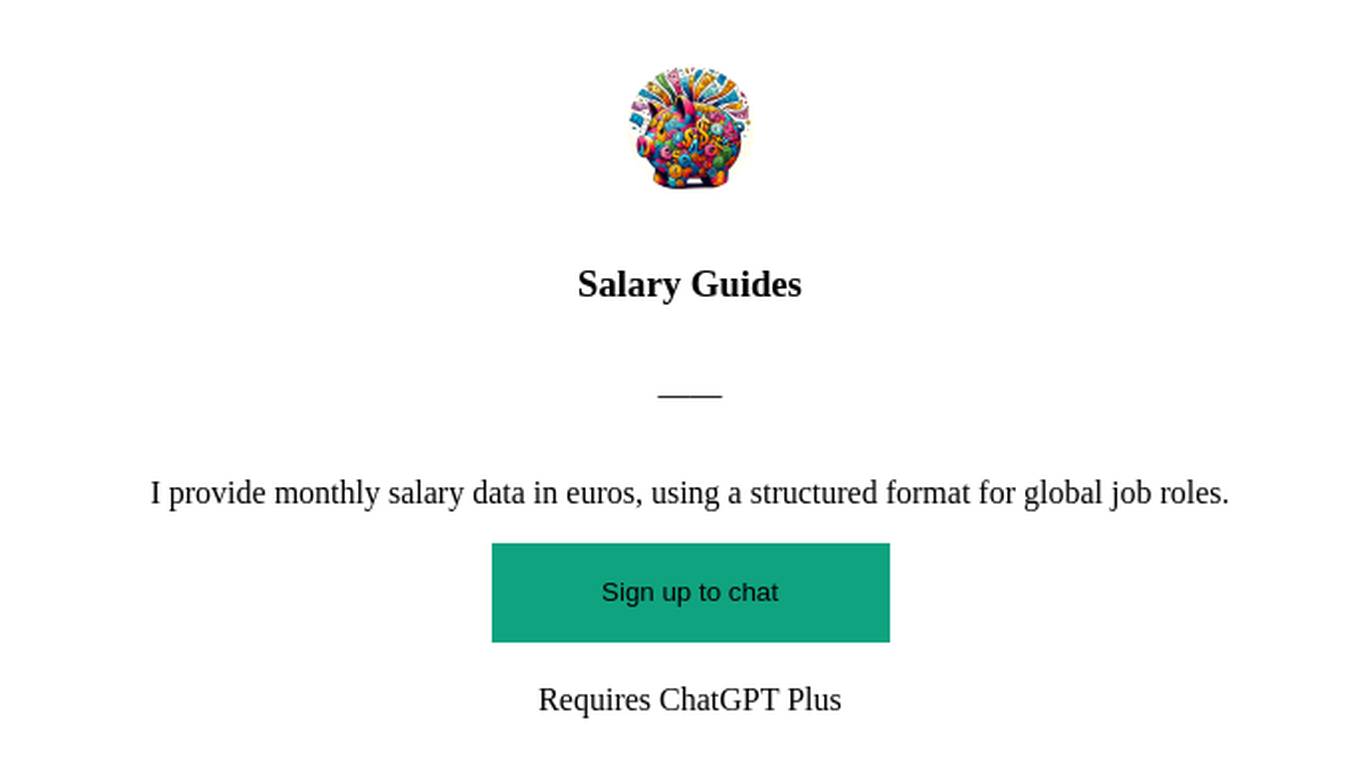
Salary Guides
I provide monthly salary data in euros, using a structured format for global job roles.
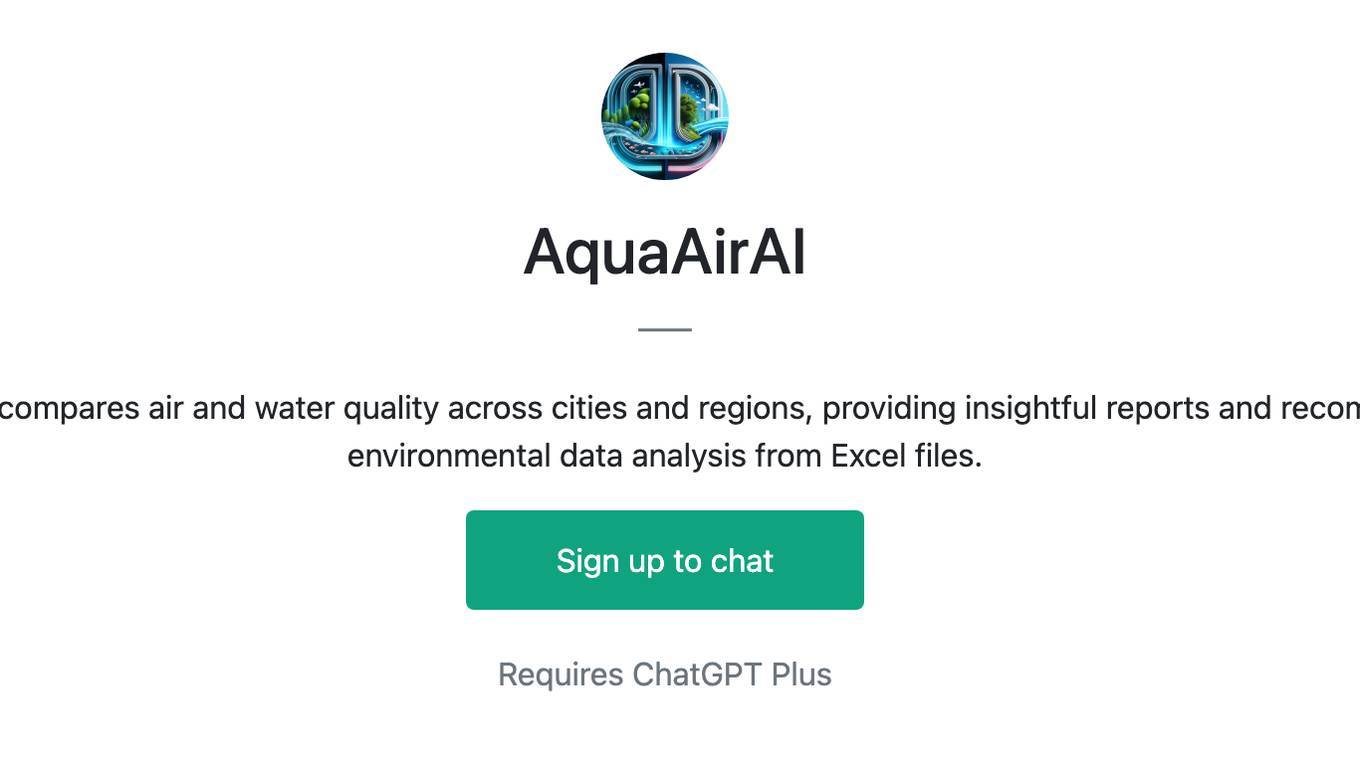
AquaAirAI
AquaAirAI is a specialized assistant that compares air and water quality across cities and regions, providing insightful reports and recommendations based on comprehensive environmental data analysis from Excel files.
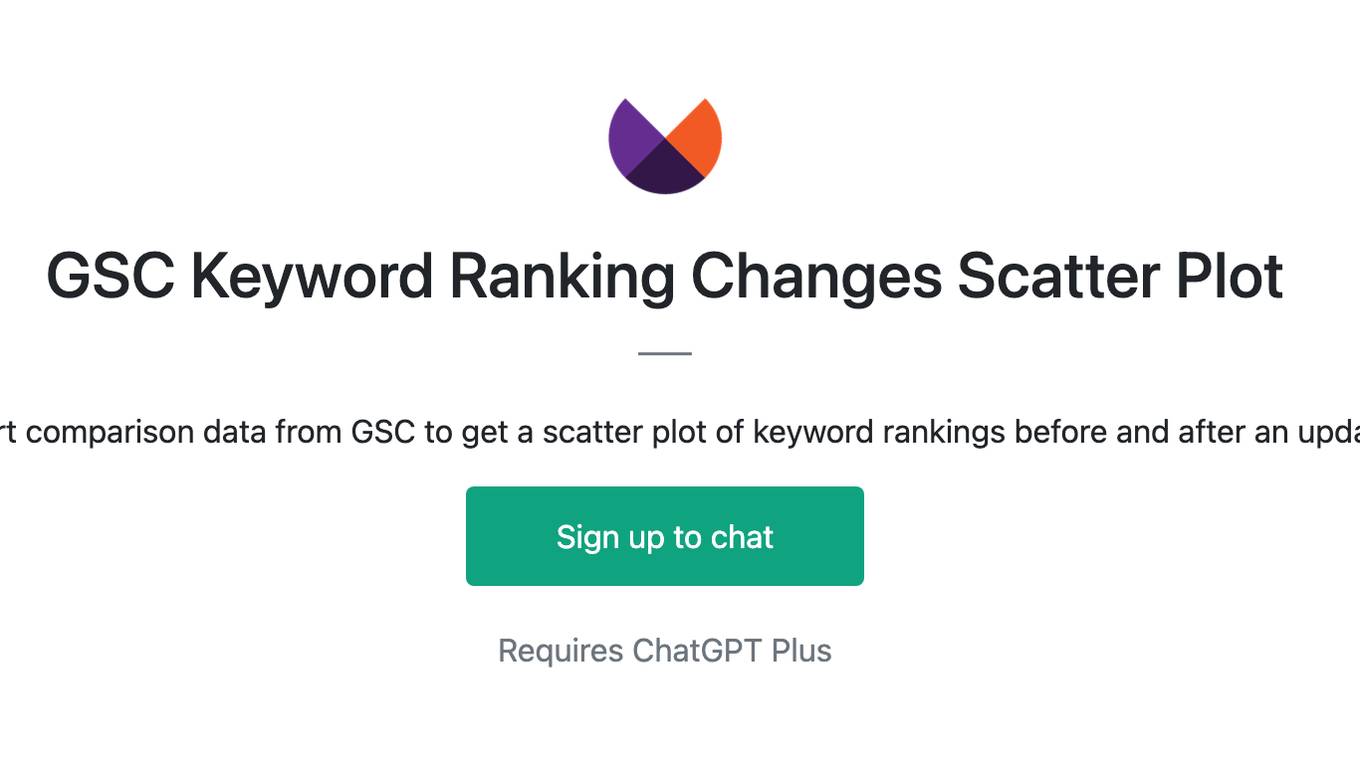
GSC Keyword Ranking Changes Scatter Plot
Export comparison data from GSC to get a scatter plot of keyword rankings before and after an update.
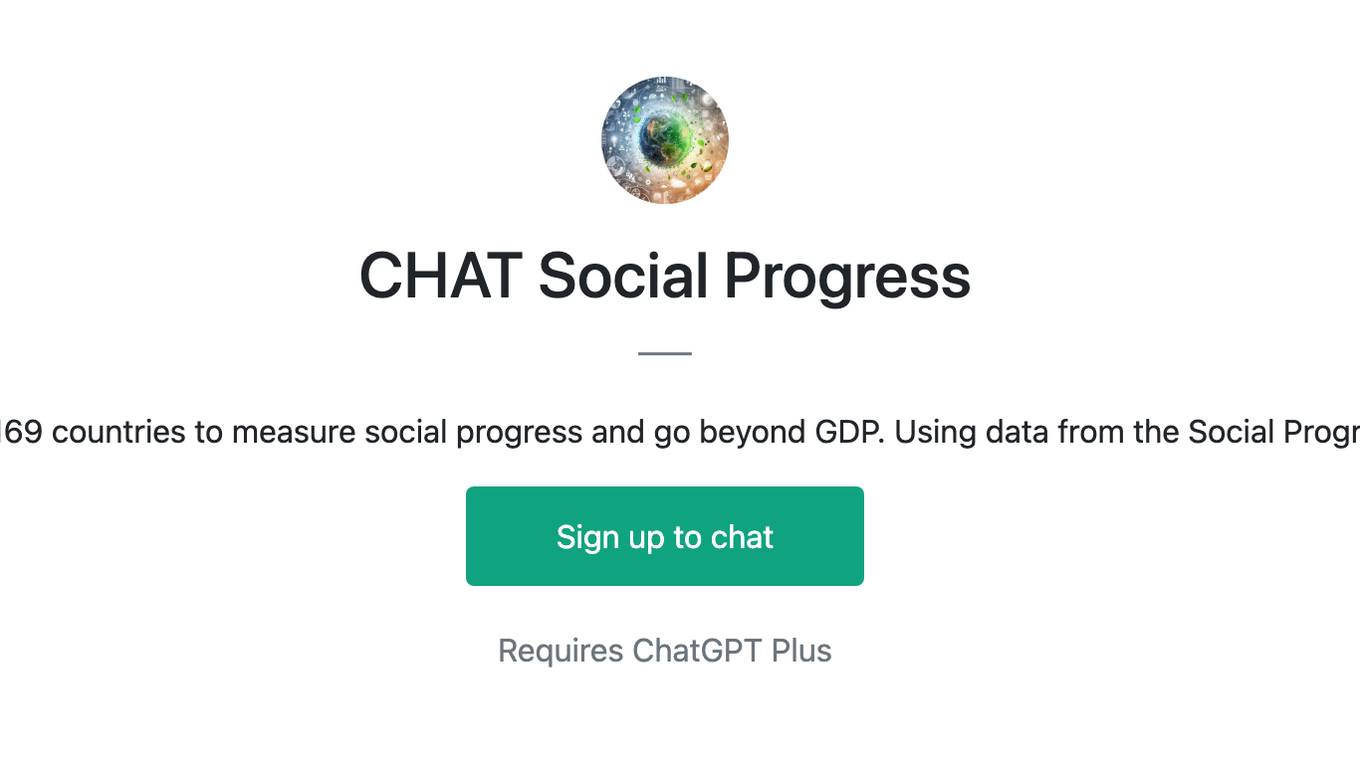
CHAT Social Progress
Explore social and environmental data for 169 countries to measure social progress and go beyond GDP. Using data from the Social Progress Imperative and powered by Open AI.
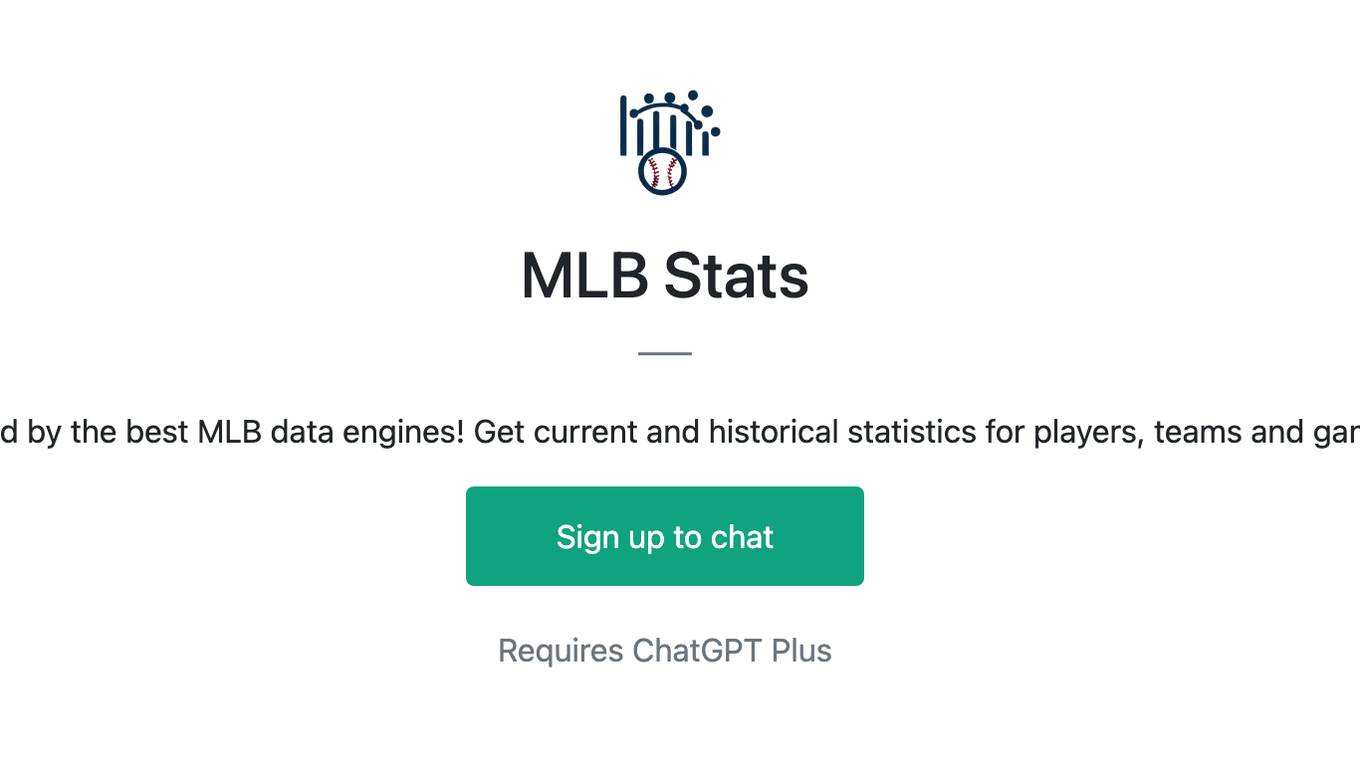
MLB Stats
Backed by the best MLB data engines! Get current and historical statistics for players, teams and games.
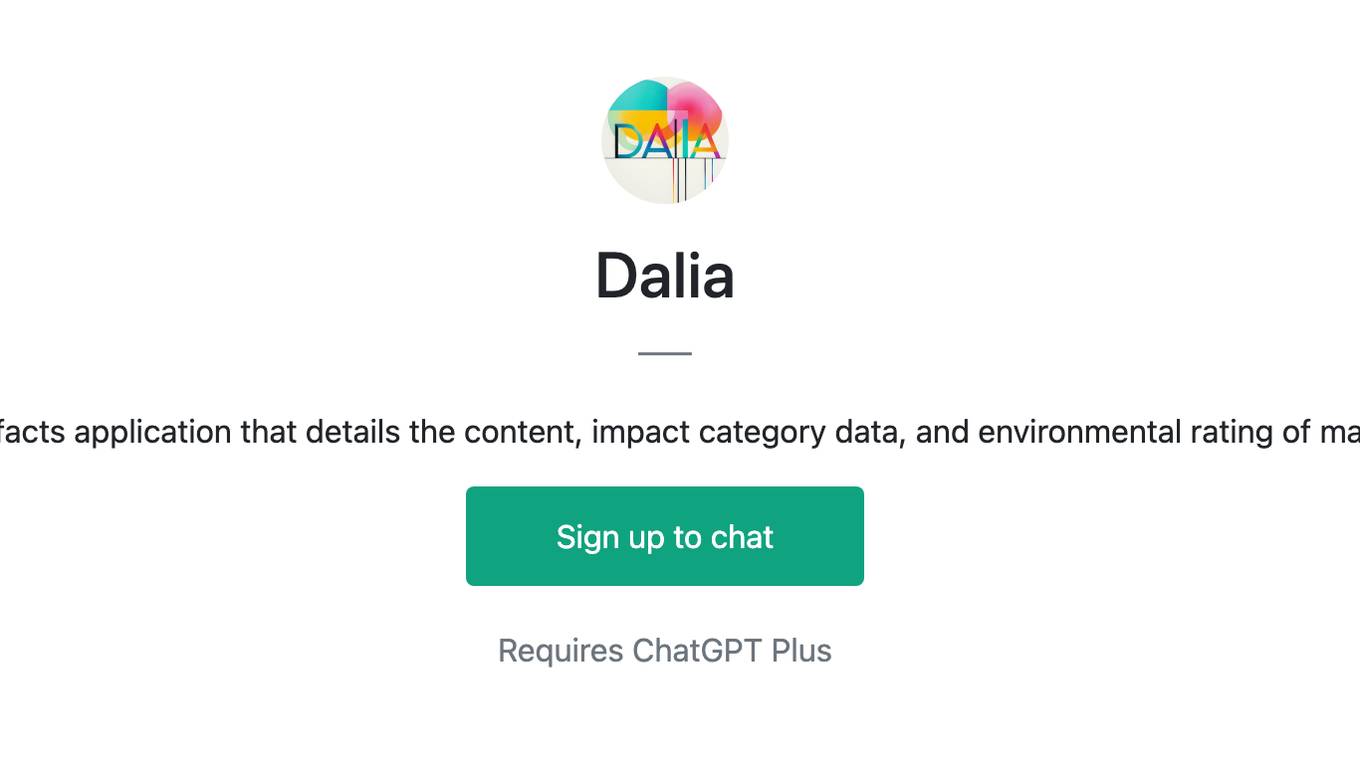
Dalia
Material facts application that details the content, impact category data, and environmental rating of materials.
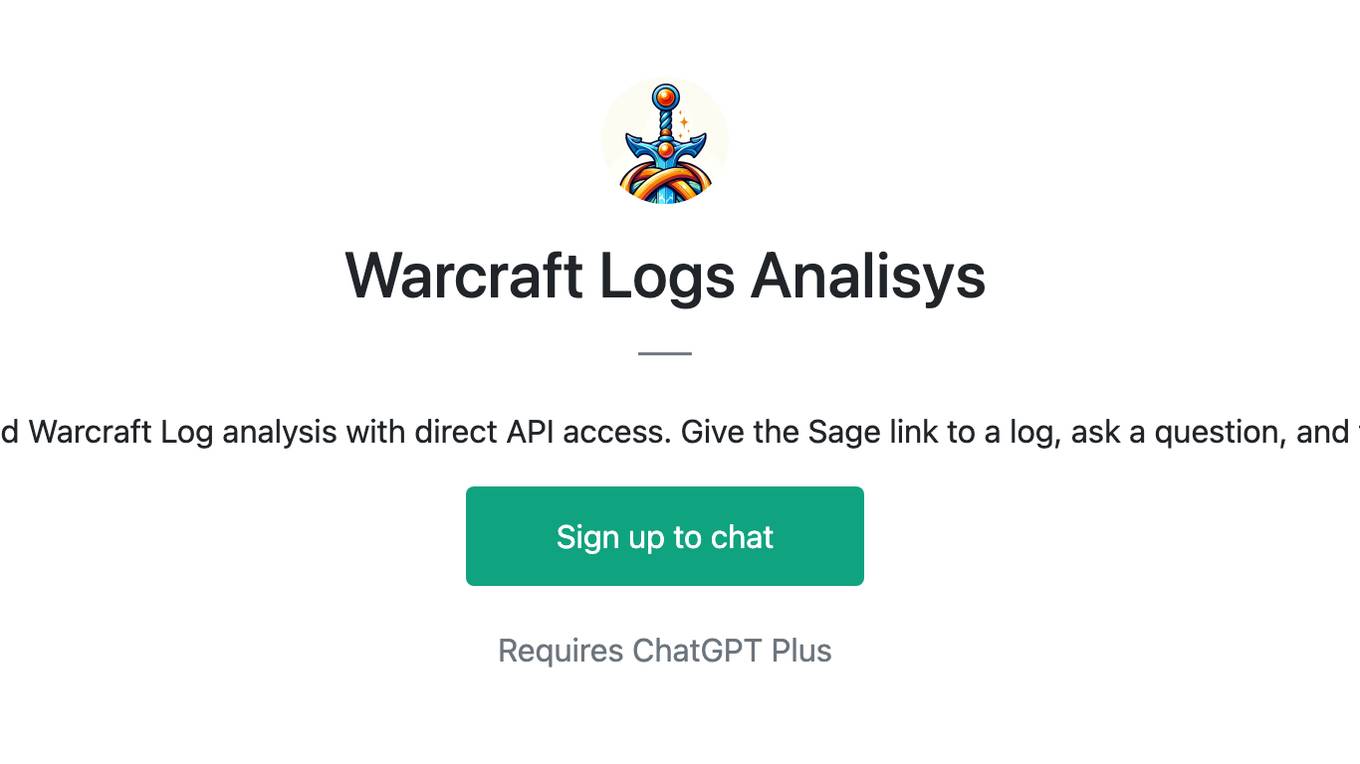
Warcraft Logs Analisys
Azeroth Data Sage: A detailed Warcraft Log analysis with direct API access. Give the Sage link to a log, ask a question, and the Data Sage will provide!

SBA Loan Advisor
Using public SBA data to help you find the best fit lender for your small business
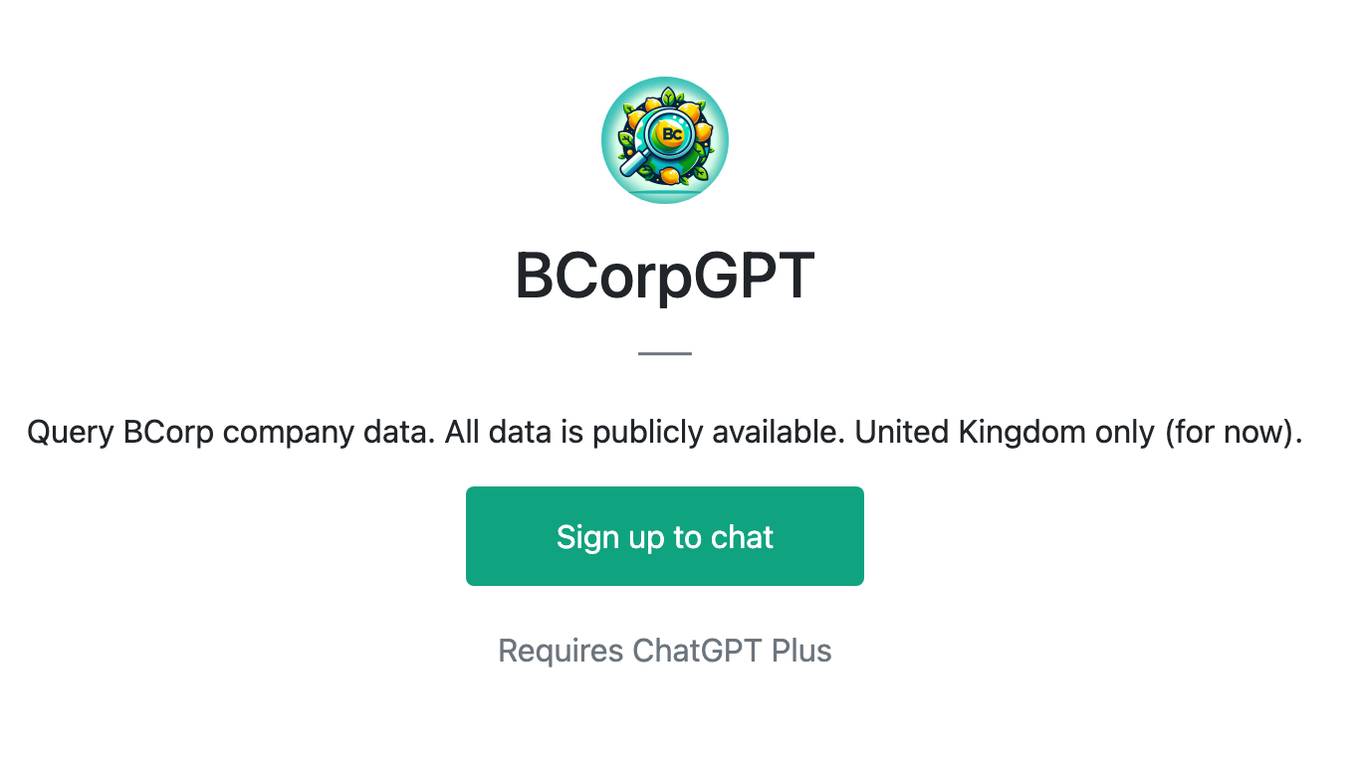
BCorpGPT
Query BCorp company data. All data is publicly available. United Kingdom only (for now).
